"The best chance we have": the Paris Agreement on climate change
US President Barack Obama described the deal reached last Saturday by the 195 nations represented at the talks as "the best chance we have to save ...
Our environment is really important. We need to understand it to be able to look after it. We have put together a huge amount of resources and factsheets to help you understand all about our environment.
Image by: Bas Boerman
US President Barack Obama described the deal reached last Saturday by the 195 nations represented at the talks as "the best chance we have to save ...

Talking of single use, Dutch brewing company Heineken has today announced that it will be replacing single use plastic can toppers used on its mult...
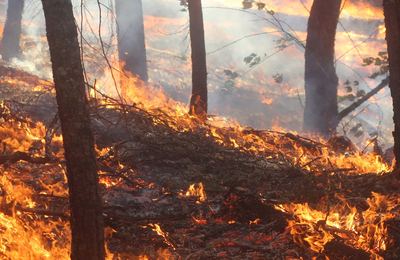
The new report from the Intergovernmental Panel on Climate Change (IPCC), published today has made it absolutely clear that human activities are ca...
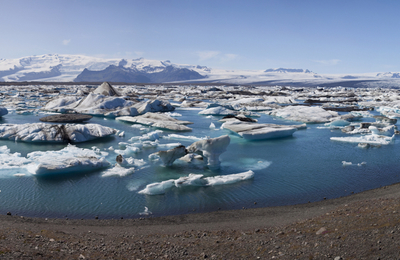
The report found that global temperatures for 2010 to 2019 were about 1.1C above the pre-Industrial average. Meanwhile, 2019 looks set to be the s...
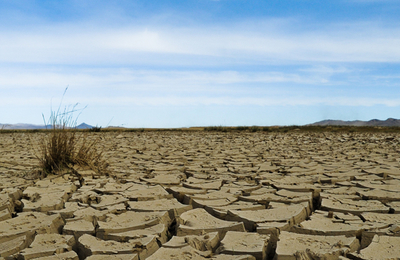
Data collected by NASA and the National Oceanic and Atmospheric Administration (NOAA) showed that the global average temperature was 0.13C warmer t...
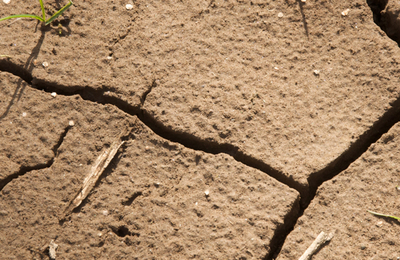
A report published by the World Meteorological Organisation (WMO) was published at the Marrakech global climate summit yesterday. It says that the...
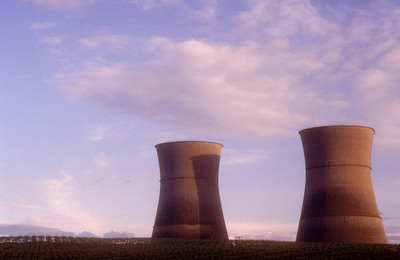
Proper records of global temperatures only stretch back to 1880, but the results of scientific research show that the planet was last this warm aro...
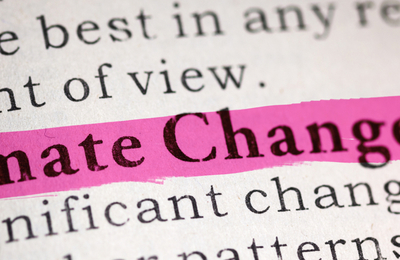
Average global temperatures for the first nine months of 2017 were 1.1C above pre-industrial levels, not as warm as the same period in 2016, when t...
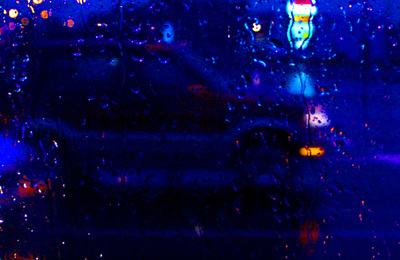
Acid rain is a result of air pollution. When any type of fuel is burnt, lots of different chemicals are produced. These can mix in the atmosphere a...
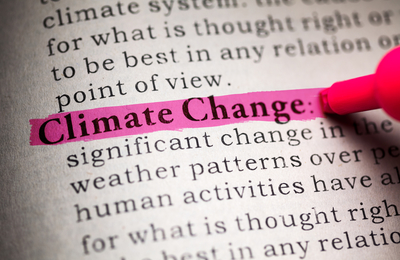
In the Paris agreement of 2015, the world’s governments pledged to keep temperatures between 1.5C and 2C above pre-Industrial levels, so this new s...
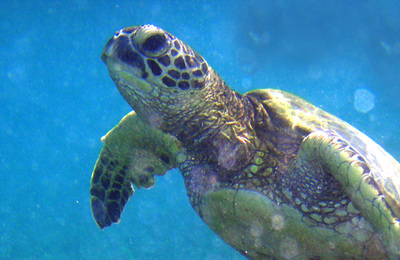
We get many emails from young people asking us what they can do to play a greater part in the conservation movement, and so we have compiled this l...
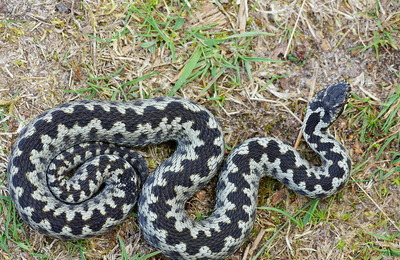
One of our three native snakes, the adder is the UK’s only venomous snake. However, they are not aggressive and no one has died from an adder bite...
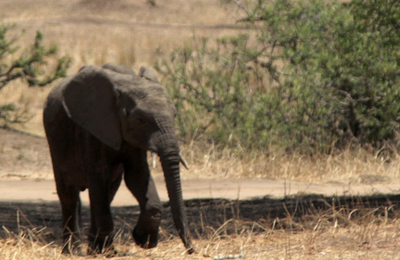
Children will enjoy learning about plants and animals in this unfamiliar habitat. As always, this lesson plan is accompanied by a Powerpoint presen...
In the meantime, the delegates will be returning home to work on their own countries’ ‘contributions’ to reducing carbon emissions, which will com...
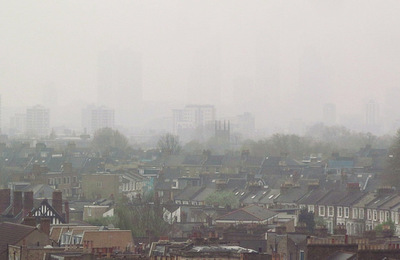
Three of the Department for Environment, Food & Rural Affairs (DEFRA's) pollution monitoring devices in London showed a maximum '10' reading f...
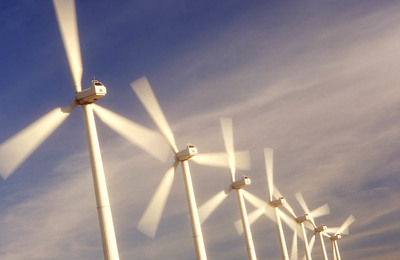
The company, which has 60,000 staff worldwide is already the world's largest corporate buyer of renewable energy. In 2015, Google bought 5.7 teraw...
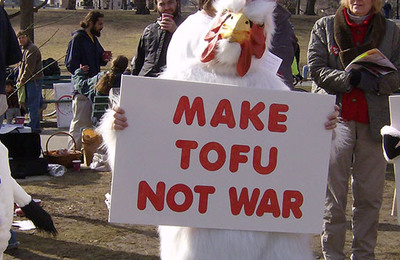
Should animals be given more rights, to live without suffering, in the way that humans are allowed to? Or are their feelings less important than th...
We know you may have seen this already, but it's so good, we thought it needed to be shown again, so you can click here to see Esme's fantastic spe...
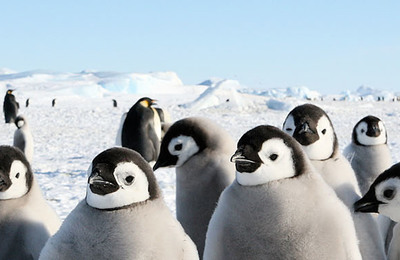
Antarctica is Earth's southernmost continent, containing the geographic South Pole. It is situated in the Antarctic region of the Southern Hemisphe...
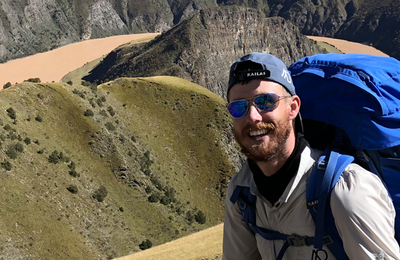
After setting off in late August, Ash has completed the first 550 miles and has arrived at his first city - Yushu, situated in Qin...

Contrary to the usual association of warmth with sunshine, May 2024 was characterised by a surprising lack of sunny days for many across the UK. In...
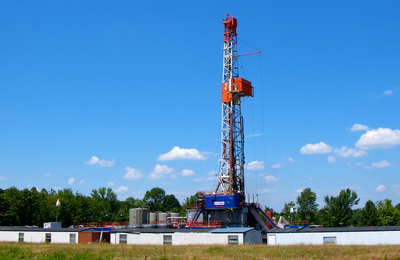
Some 120 tremors were recorded in 2019 at Cuadrilla's exploratory fracking site in Lancashire, but most of these were too small to be felt. The ...
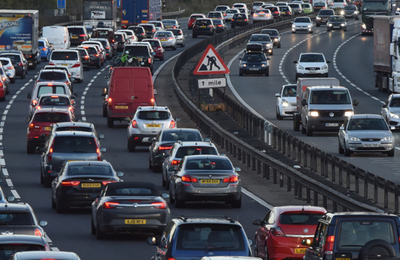
He called on other countries around the world to pledge to reach net zero carbon emissions by 2050, as the UK prepares to host the UN's talks on cl...
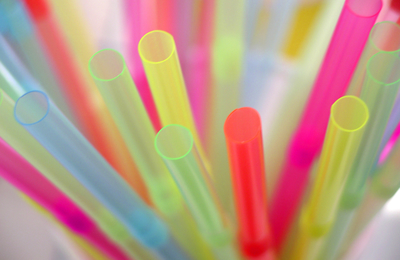
Cotton buds are becoming an increasing hazard in our oceans, as they are often flushed down the loo after use and end up being washed out to sea. ...
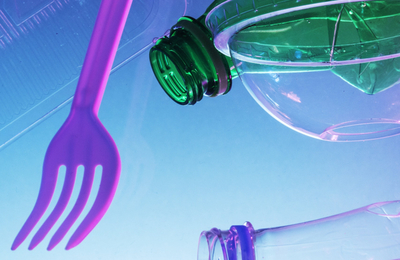
It's a good start on tackling our reliance on throwaway plastics - which have amounted to 4.7 billion straws and 316 million stirrers per year in E...
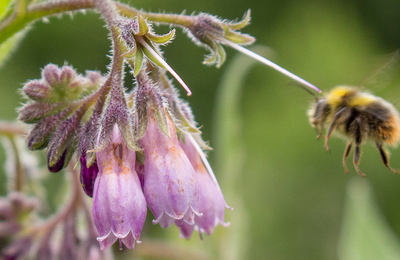
This brand new suite of 6 lesson plans is aimed at Key Stage 2, but is readily adaptable for Key Stages 1 and 3. Along with a PowerPoint presentati...
But the full picture is more complicated than this. A recent study comparing electric and conventional cars, authored by the Norwegian University...
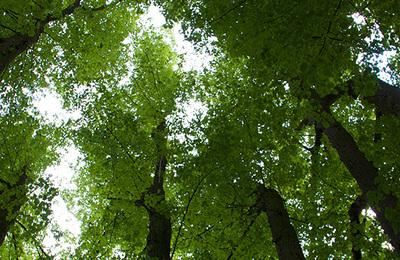
Biodiversity describes the whole range of the different varieties of living things and systems on this earth, including animal species, plant speci...
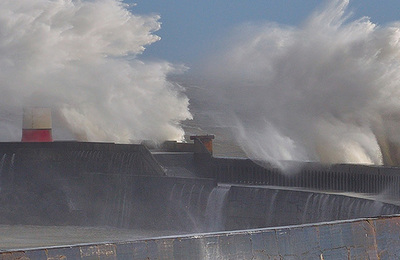
We humans not only live in the biosphere but are absolutely dependent upon it for almost every aspect of our existence.
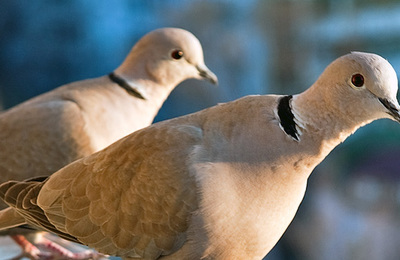
Over the last hundred years or so, large cities and their surrounding housing suburbs have grown, replacing countryside habitats. Many species of b...
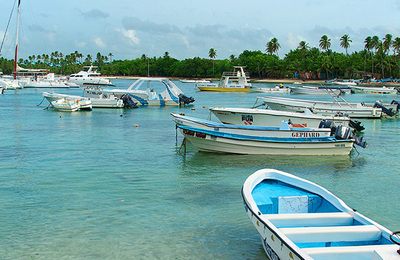
How does a boat or ship carrying heavy cargo float while that same cargo would sink to the bottom of the ocean if dumped overboard?
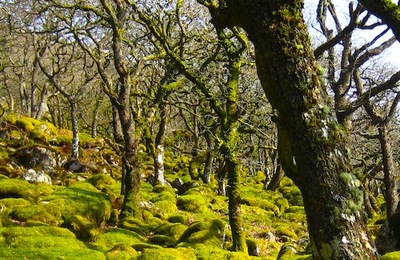
A habitat is any area where plants and animals live. The word ‘habitat’ comes from a Greek word meaning ‘home’.
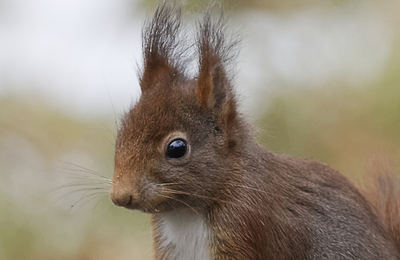
Britain's wildlife has a troubled past, how can we help protect wildlife for the future?
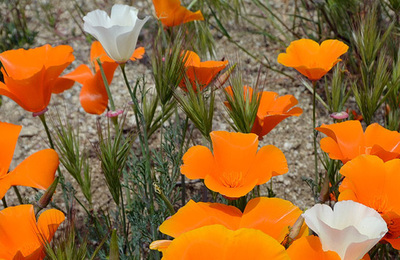
Explore the UK's rare flowers, each section gives ideas about what you can do to help to protect them.
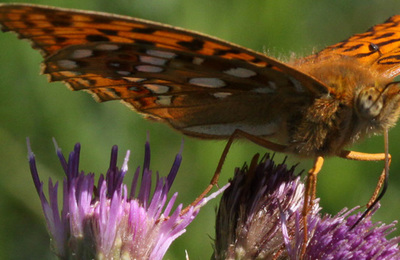
Many once common British butterflies have become scarce or even extinct in recent times.
You can see some photos of some of the action on YPTE’s Facebook page. And since we got back from there, we have been judging the entries for t...
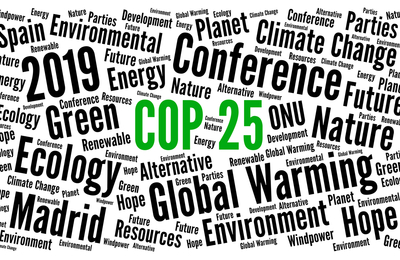
Ahead of the meeting, UN Secretary General António Guterres said, "In the crucial 12 months ahead, it is essential that we secure more ambitious na...
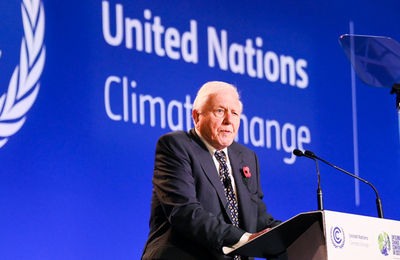
World leaders, who have gathered in Glasgow for the conference have already heard impassioned speeches from United Nations Secretary General Antoni...
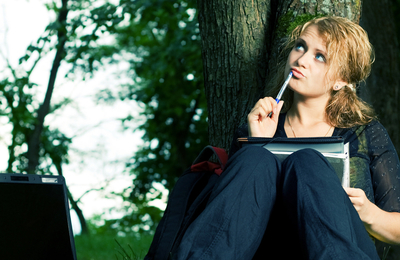
At YPTE, we would like to start giving young people the chance to have their voices heard about environmental issues. So from now on, we'll be pub...
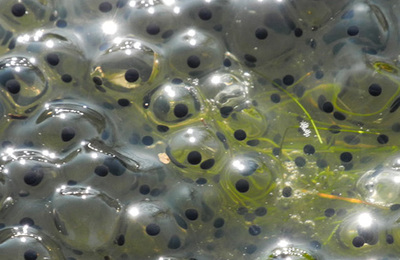
A guide on how to care for frog spawn and tadpoles in your pond.
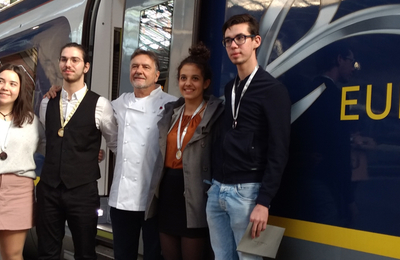
Yesterday, the winners of Eurostar's 'Create a Sustainable Business Dish' competition were presented with their awards at a ceremony held at the Ga...

Their letter coincides with the launch of a report from the Network for Greening the Financial System (NGFS), a group of 34 international central b...
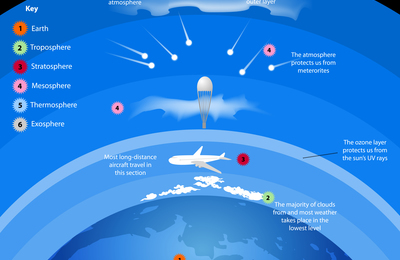
CFCs like CFC-11 were used to make foams for furniture and buildings and were also used in refrigerators and aerosols, but were banned after a hole...
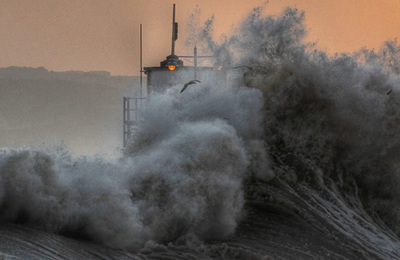
The earth's climate has seen many changes in its 4.55 billion years. Now many people believe that we must act fast to avert climate catastrophe.
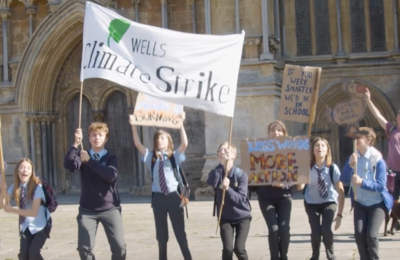
An introduction to climate change for use in the classroom. Recommended for Years 5-9.
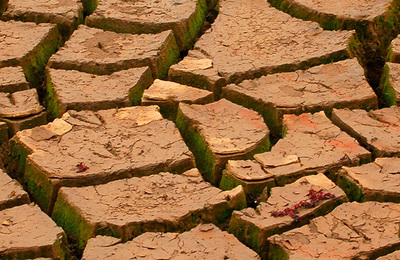
This factsheet takes a look at some of the challenges that animals might have to face in the future. How does climate change affect them?
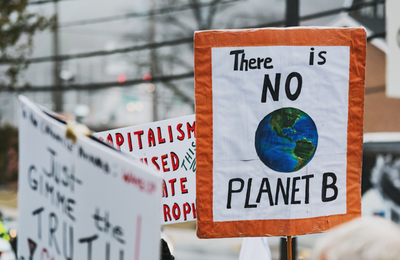
It's really important that you've come here, because we need lots more people to realise the scale of what we are facing and get involved in creati...
You've got here because you're interested in how you can help cut your carbon emissions and tackle climate change. There are lots of small ways th...
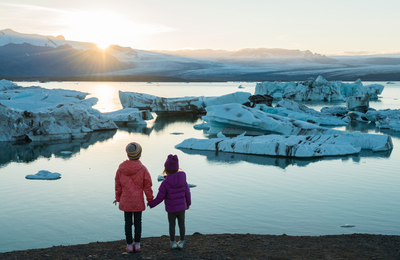
A simple leaflet for parents explaining climate change and providing links to further information.
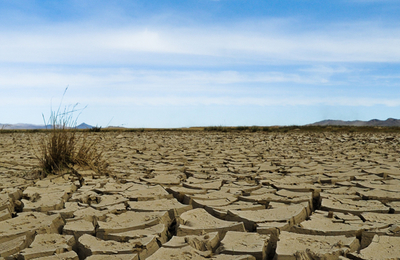
The fact that human activities are increasing the rate of climate change is now almost universally accepted by scientists. In this suite of lesson...

The Commission's report finds that whilst there have been dramatic improvements in survival, nutrition and education in recent decades, today's chi...
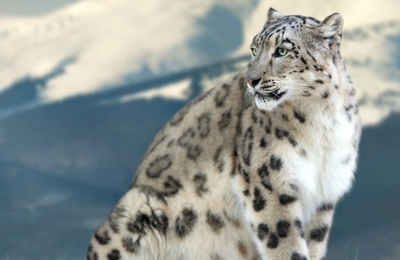
The study, published in Nature Climate Change cited examples 49 of climate-driven conflicts occurring among all wildlife groups, on every continent...
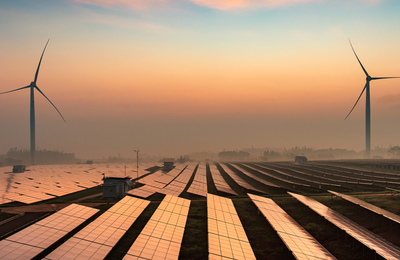
The Bank of England has said that up to £16 trillion of assets could be wiped out if the current climate emergency is not tackled effectively by bu...

New data from the EU's Copernicus satellite system is showing that the last seven years have been the hottest on record, with 2021 in at number 5 i...
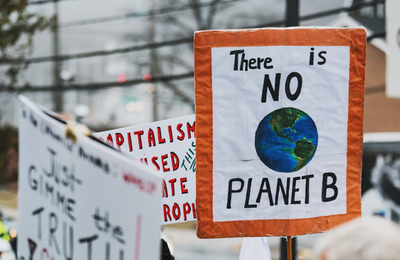
It is now exactly 40 years since scientists from 50 nations met in Geneva, Switzerland, for the First World Climate Conference. They agreed then t...

So whilst the talks were a partial success, they were also in part a failure. With no significant movement in countries’ agreed targets for emissi...
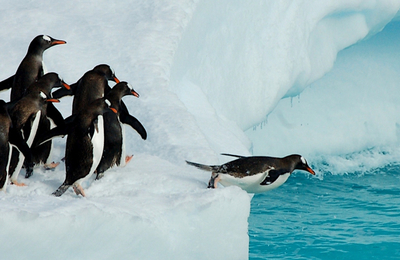
This suite of lesson plans explores the continent of Antarctica. Designed to be used alongside the Powerpoint presentation, packed full of stunnin...
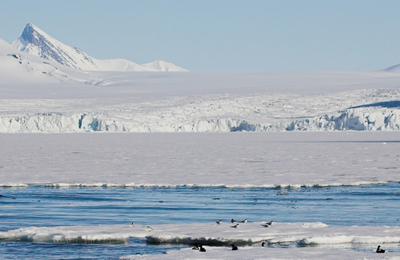
This set of lesson plans explores the Arctic - one of the coldest regions on our planet. The accompanying Powerpoint presentation brings the Arcti...
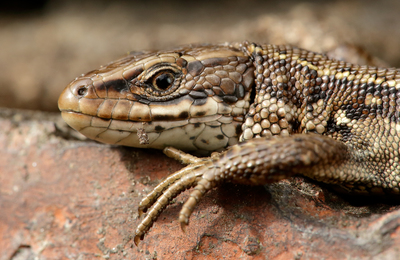
As its name suggests, the common lizard is the most common reptile in the UK and is Ireland’s only native reptile.
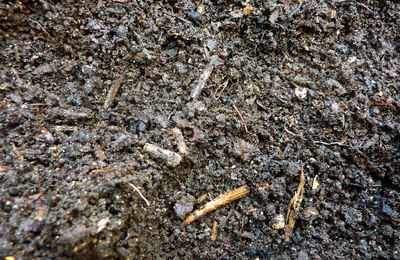
The rubbish we throw away everyday is polluting our Earth. A lot of this rubbish comes from our gardens and kitchens and the good news is that this...
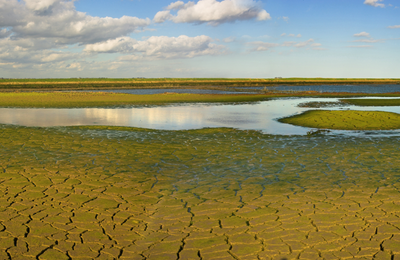
Conservation of nature means the protection of species from extinction or harm. It can include maintaining and restoring habitats, and protecting ...
Welcome to the first new-look issue of Conservation Education, sponsored by Barclaycard as part of the LivingLand programme. LivingLand is Barclayc...
20,000 years ago the landscape looked very different. Wooly mammoths and sabre toothed tigers roamed the frozen earth - it was of course the ice ag...
Aaah, the sounds of summer.... sizzling barbeques, squealing children splashing in paddling pools, a distant lawn mower and the song of the inexhau...
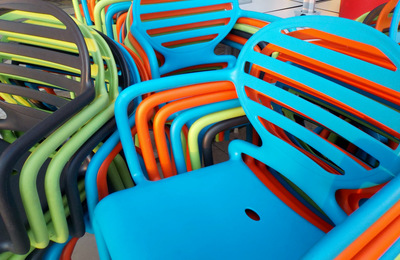
No matter where you look these days, you're likely to spot something made of plastic. It can be shaped in all kinds of ways, it can be really thin...
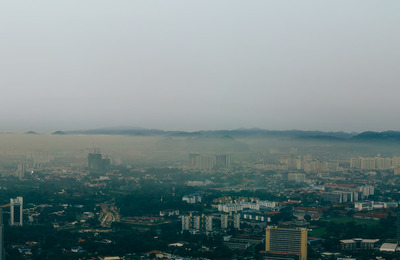
Find out more about the 2015-16 El Nino event, what it is and what effects it causes around the world. Photo by Naz Amir.
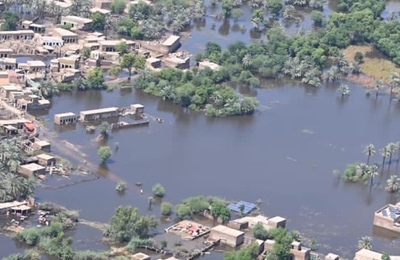
The record rainfall that was seen in Pakistan earlier this year brought about catastrophic flooding that impacted 33 million people in the country ...
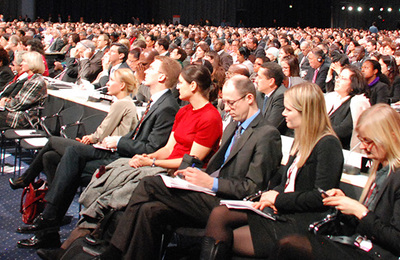
The Copenhagen Climate Change summit was a gathering of world leaders in the capital of Denmark over a two week period from 7th - 18th December 200...
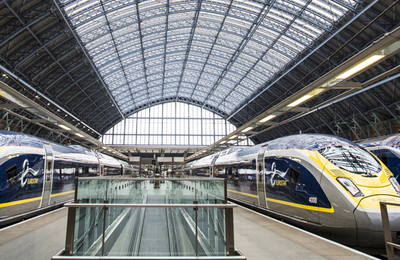
A zipped folder containing the Competition Brief, Entry Form and Terms & Conditions for Eurostar's Create A Business Premier Dish competition f...

Zipped folder containing the entry brief, entry form and terms & conditions documents for participants in Eurostar's 'Create a Sustainable Busi...
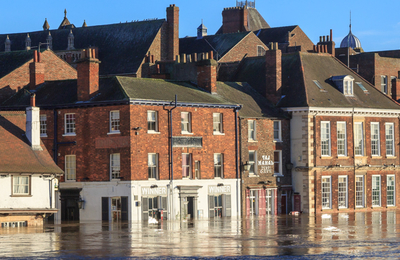
The series of storms to hit the UK this December were propelled by the jet stream, a current of strong winds that can reach up to 200mph. The jet ...
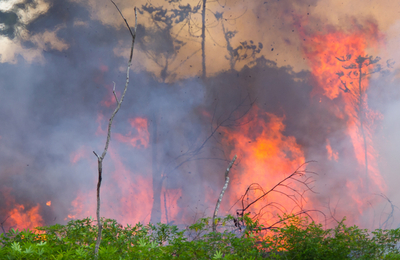
Only last week at COP26 in Glasgow, Brazil was among a group of over 100 countries that pledged to end and reverse deforestation by 2030. Brazil h...
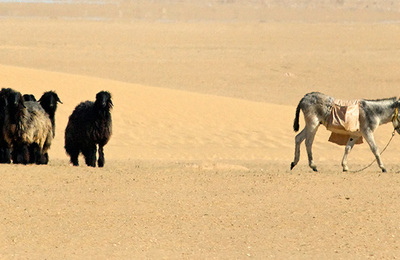
When you hear the word 'desert', what picture does it bring to mind? Perhaps you think of a very dry place, a place without people or plants livin...
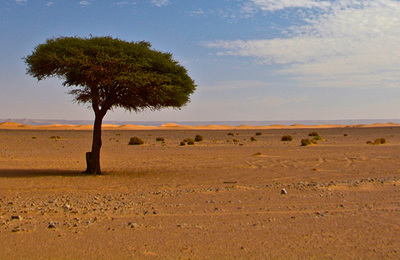
It has been said that forests came before human beings, deserts followed them. Desertification is becoming a major problem as more and more of the ...
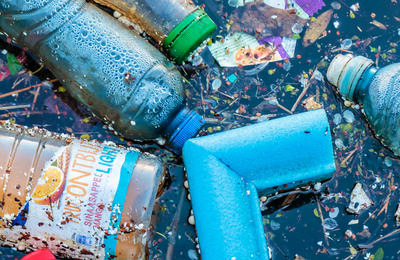
The ban doesn't have legal force yet. Member states still have to back the directive before it can become law, but with voting so overwhelmingly i...
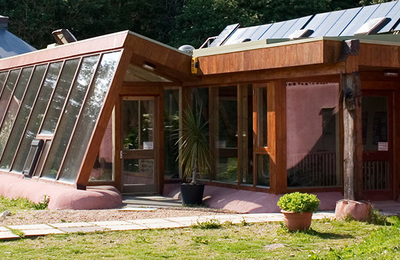
The World Summit on Sustainable Development organised by the United Nations (UN) in Johannesburg was held in August and September of 2002.
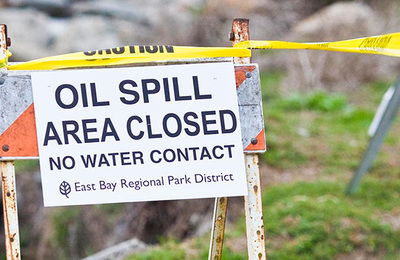
It is against the law to steal from or hurt other people, and it is against the law to kill another person. However, it is not currently against t...
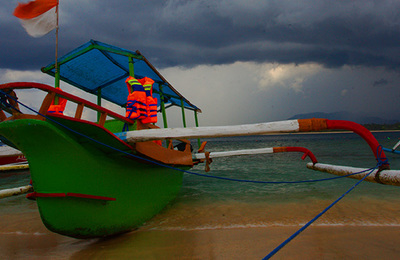
This Fact Sheet was originally written in November 1997, when major fires in the forests of Indonesia were blamed on the El Nino effect.
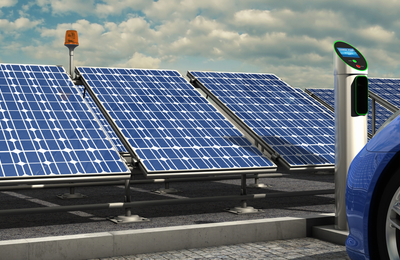
Electric vehicles are becoming more popular. In this factsheet we explore why.
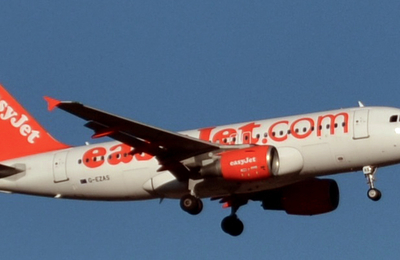
It has formed a partnership with Wright Electric, a US firm which is developing a battery-powered aircraft for use on flights lasting two hours or ...
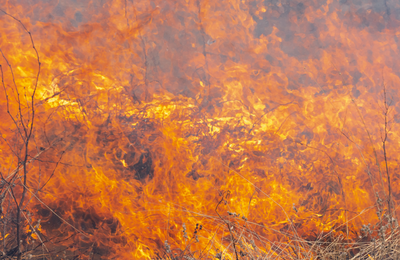
At their peak, which occurred in late July 2020, there were around 600 wildfires burning in the Arctic, compared with 400 in 2019 and the average f...
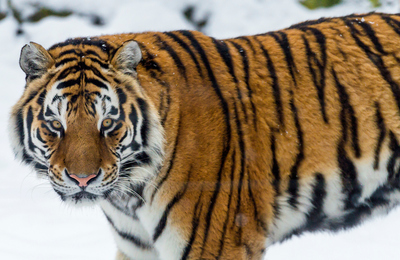
Endangered means to be under threat or near extinction. When a species/animal is endangered it means that they are disappearing fast or have a ver...
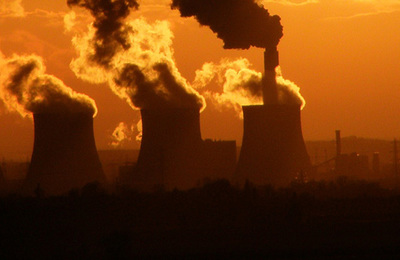
The following chapters describe the various forms energy can take and the story behind humans, energy, fuel and the environment.
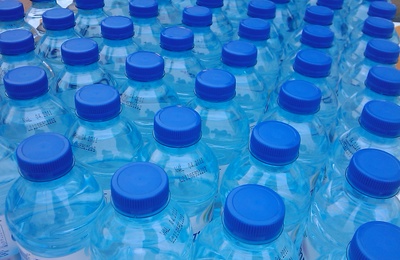
Mr Gove said., “We must protect our oceans and marine life from plastic waste if we are to be the first generation to leave our environment in a be...
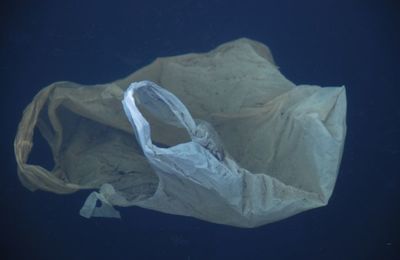
This new rule means that England is now in line with the rest of the United Kingdom. Plastic bag use has dropped considerably in Scotland, Wales a...
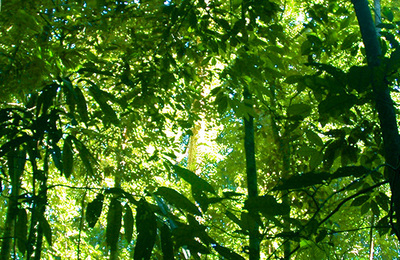
Our planet is changing. We need to help it change for the better and we're asking for your help to do that!
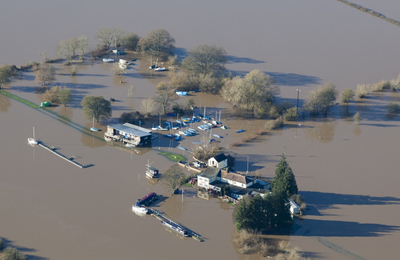
In a separate vote, MEPs backed a resolution stating that the EU's current emissions reduction targets were 'not in line' with the 2015 Paris clima...
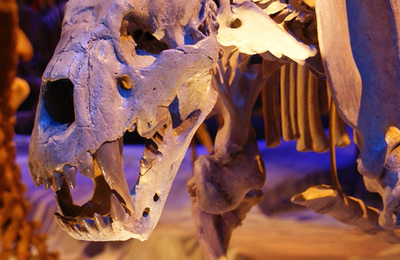
A species becomes extinct when its death rate is continually greater than its birthrate.
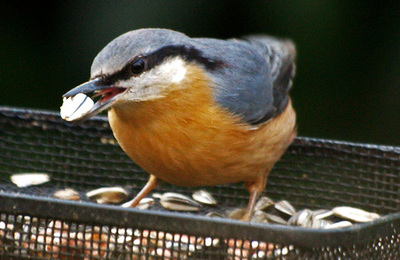
Birds appreciate being fed throughout the year, but winter is their most difficult time, when they find it hard to find their natural food, such as...

Passing your driving test and getting behind the wheel was once the dream of most young people - certainly that was the case when I got my licence ...
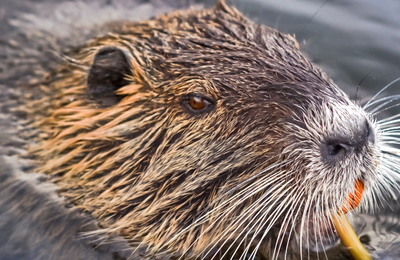
The last beavers were hunted out of existence in England over 400 years ago, both because their furry, water-resistant pelts made great hats and co...
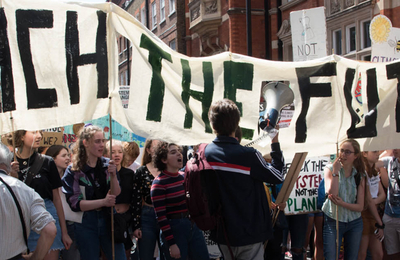
The group, who are mostly under 18, ranging from 13-26, created the Teach the Future campaign three months ago because they were unhappy about the ...
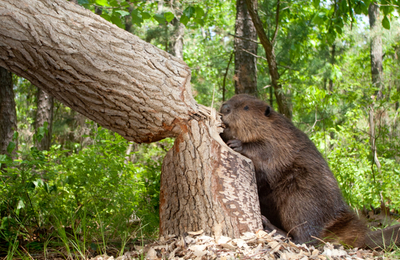
After introducing food chains and food webs, this suite of four lessons looks at ecosystems, focussing on the species that can completely alter an ...
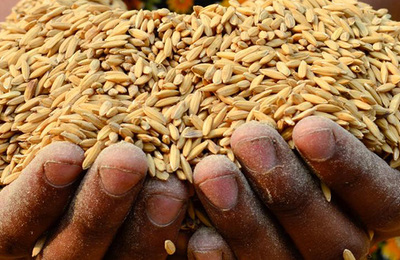
As the world’s population grows every minute, there are more and more mouths to feed. In fact, there are so many mouths to feed that ‘overpopulati...
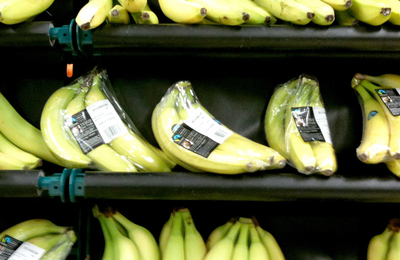
It can be difficult for farmers in poorer countries to get a fair price for the food they produce; Fairtrade exists to address this issue. These...
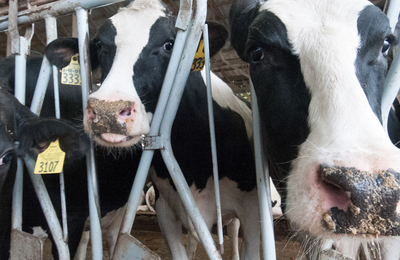
As consumers we can choose to buy food that has been produced ethically and sustainably. These resources comprise a set of informative teacher n...
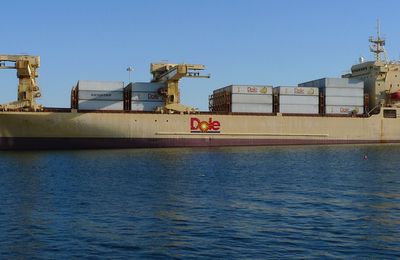
The food we eat makes up about 30% of our carbon footprint. Knowing how far it has travelled and how it has been stored is essential if we wish to...
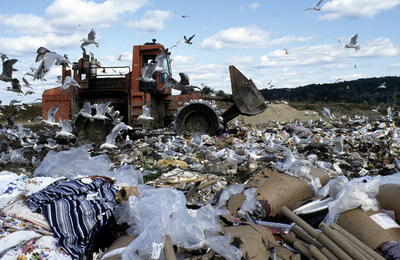
Around a billion people don't have enough food to eat, yet we throw away around a third of all the food produced. These resources comprise a set...
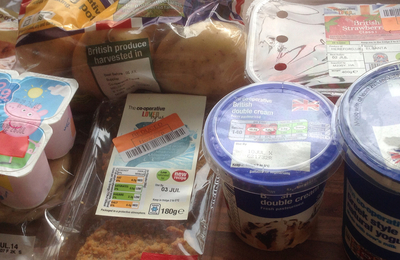
Our food is packaged in a variety of ways, all of which have impacts on the environment. These resources comprise a set of informative teacher...

What we eat not only has an impact on our health. Our choices can also cause significant environmental impacts. For example, animal agriculture pr...
This kind of tremor could not be felt on the surface, but is very close to the Oil and Gas Authority's limit for a 'red alert', whereby a company i...
Energy firm Cuadrilla can begin exploratory drilling as soon as tomorrow at its Preston New Road site in Lancashire after an application for an int...
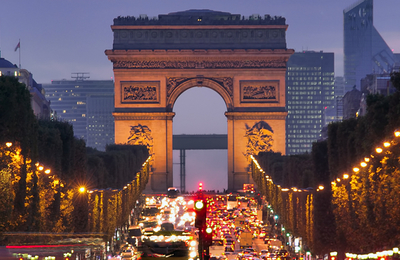
The law will prevent new licences being issued for oil and gas extraction in France and its overseas territories and any existing ones will not be ...

Pack2Go Europe, an organisation representing European packaging manufacturers has urged the European Commission to take action against France for b...
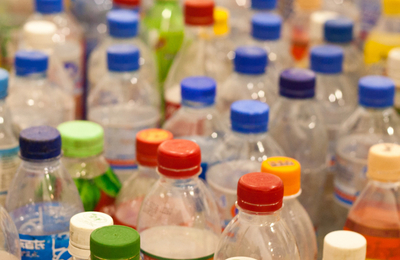
Eleven top plastic facts 1. 16,000 plastic bottles are made in the world EVERY SECOND! 2. 500 billion plastic bottles are made in the world E...

A suite of 3 lessons for Key Stage 3 with accompanying PowerPoint presentation to compare the pros and cons of different types of renewable and non...
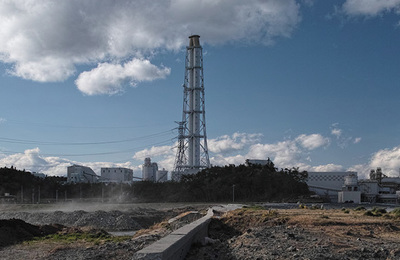
The powerful earthquake which hit Japan on 11th March 2011 caused a tsunami which added to the destruction of millions of people’s homes and liveli...
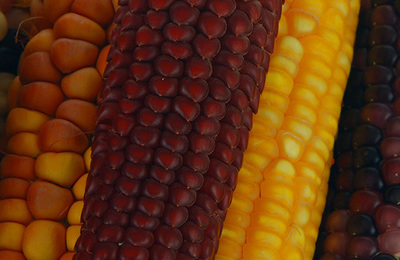
There is much debate about genetically modified (GM) foods, some of which are being tested and some of which are already used as ingredients in the...
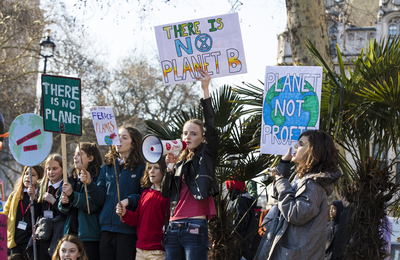
The CCC proposes a number of actions to reach net zero by 2050. For example, by eating less meat, by significantly increasing the use of renewable...
For an annual net cost of around £10 billion from now until 2050, report says that the transition to net zero can be achieved. This figure does no...
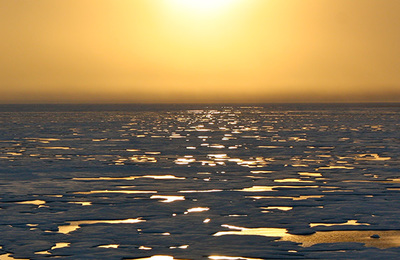
Global warming is the increase of average world temperatures as a result of what is known as the greenhouse effect.
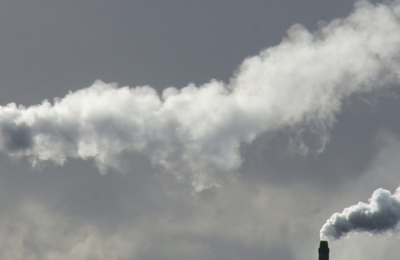
Annual output of CO2 rose by 0.7% in 2014, was flat in 2015 and is expected to grow by just 0.2% in 2016. It is still too early to say whether CO2...

Most of the losses are happening in western Antarctica, where warmer ocean waters are beginning to undermine glaciers that end at the sea. Globa...
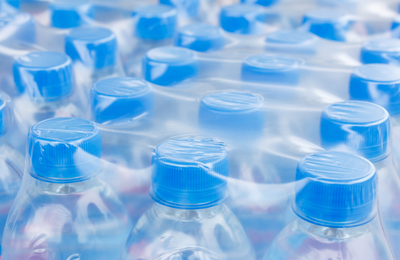
In the UK alone, we use about 13 billion plastic bottles per year and well under half of these are currently recycled. So if a deposit return sche...
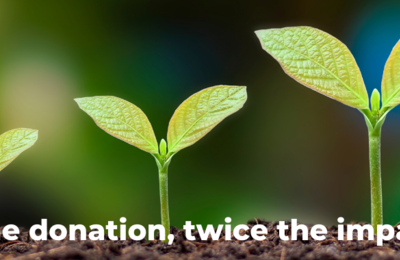
We are delighted that YPTE is being supported by the Green Match Fund for a second year in a row. The first £5,000 donated via YPTE's Green Match ...
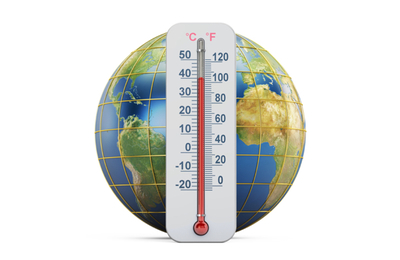
Against the backdrop of a climate emergency, the gap between targets set by governments for reductions in greenhouse gas emissions and the real sit...
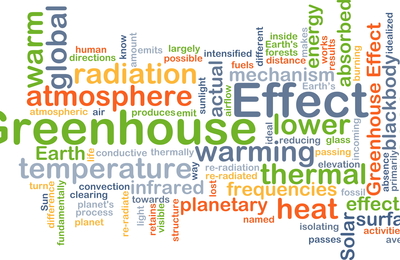
Average global CO2 levels in 2017 were 405.5 parts per million - almost 50% higher than they were before the Industrial Revolution. WMO Secretary ...
As a result of warm air being kept over Greenland by blocking weather systems for longer than normal in 2019, over 95% of the ice sheet underwent m...
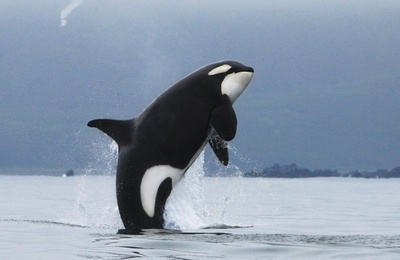
PCBs were widely used from the 1930s onwards in electrical coolants and insulators, carbonless copy paper etc., but we have known for around 50 yea...
For the competition, young people aged 11-18 are invited to create a short video clip sharing their views on the environmental issues that concern ...
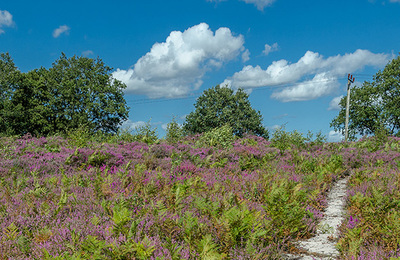
Heathlands are largely artificially created habitats. They only persist if they are managed. Many of the heaths in England would quickly become woo...
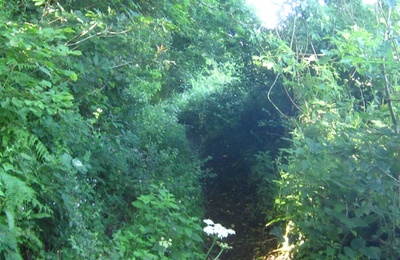
The Anglo-Saxon word for enclosure was ‘haeg’ or gehaeg’ and this is were we get the word ‘hedge’.
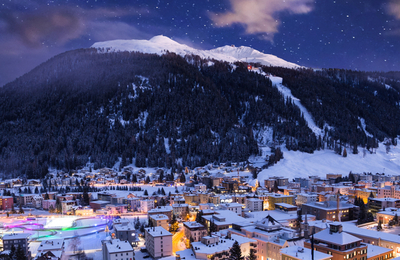
He said, “This is not a time for pessimism. This is a time for optimism. Fear and doubt is not a good thought process because this is a time for t...
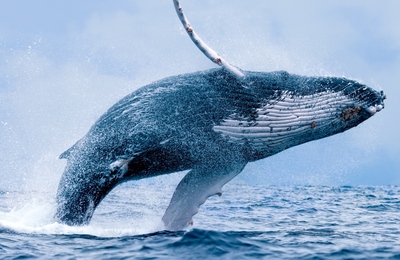
The treaty sets out to protect 30% of the wold's oceans by 2030, a massive increase on the 1.2% that are currently protected. Almost two thirds of...
A film about the Great Pacific Garbage patch, made by students from Huish Episcopi Academy with help from the team at Explorium. This is the first...
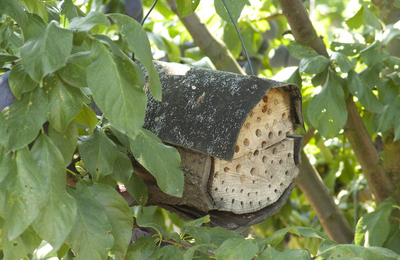
Some instructions for making your very own bug hotel!
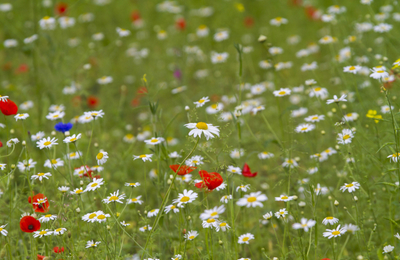
Find out about how to create your own wildflower meadow, which will in time become a haven for all kinds of insects and other wildlife and loom bea...
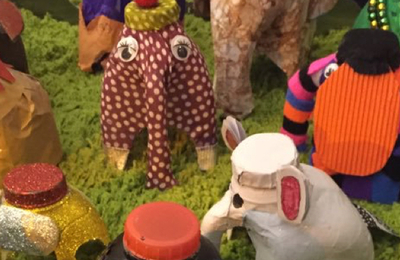
Instructions for making beautiful elephants from plastic milk bottles.

Here are some amazing ideas for learning and activities focused on how we can make and use energy. Try making your own circuit using a pencil and ...
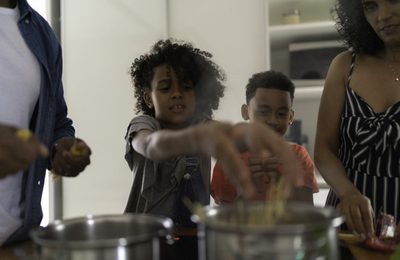
This bumper Home Learning Pack is packed with ideas for fun learning about food! Find out about food chains, healthy eating, food miles and growin...
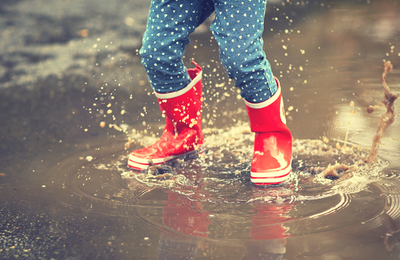
Find out about the weather with this Home Learning Pack! It is full of great activities to help you learn and there are instructions for making lo...
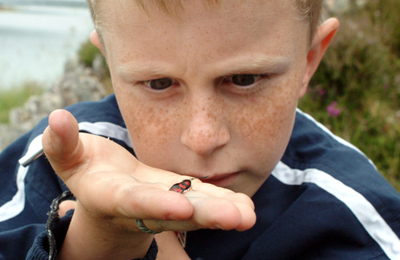
Here's the second of our Home Learning Packs, which this time has some fantastic learning activities about animals and their habitats.
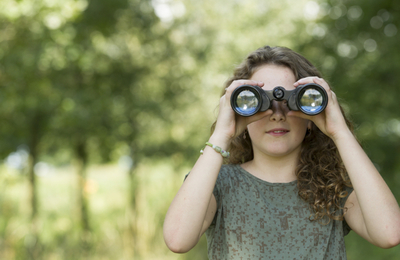
Learn about the birds in your garden with this great home learning pack. Includes designs for making bird feeders from recycled materials, researc...
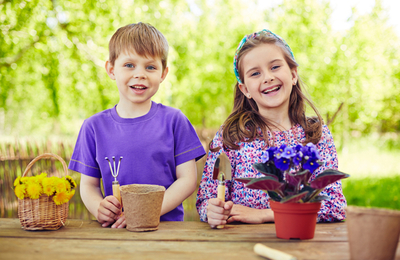
Find out about how you can make your garden a friendlier place for wildlife with this fantastic Home Learning Pack. As ever, it's full of great id...
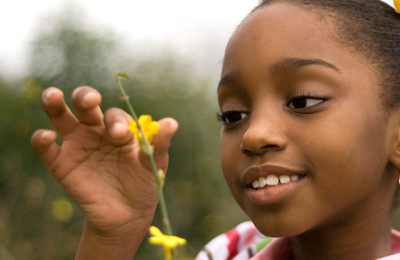
Supporting parents and carers during the Covid-19 lockdown Our home learning packs have been compiled by the Young People’s Trust for the Enviro...
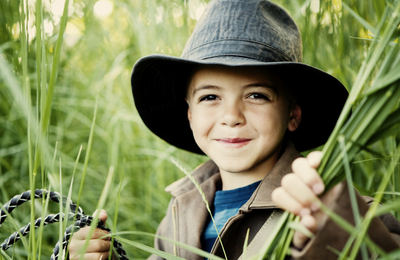
Some fantastic ideas for games, arts and crafts, learning activities and lots more to help you and your children learn about our amazing rainforest...
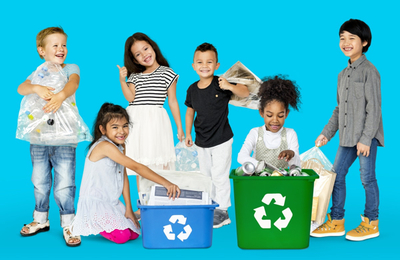
Packed with great ideas for reducing your impacts and activities to help you recycle and re-use things, including making recycled paper, a recycled...
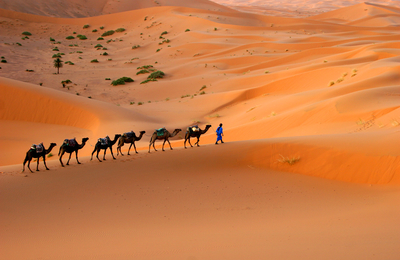
This suite of lesson plans explores the Sahara - the largest hot desert on Earth. It also looks at the spread of the Sahara into the Sahel and the...
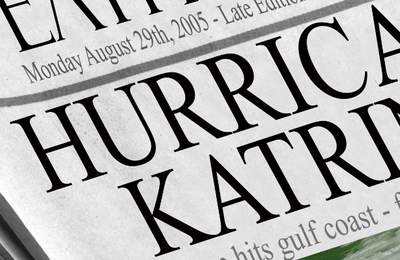
Climate change is an ever-escalating global crisis that affects every environment, economy and society on a significant level. Since 1880 the avera...
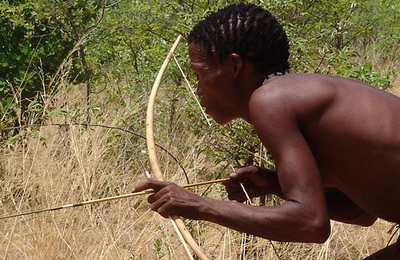
Until the development of farming practices, hunting and foraging for food was the means by which all humans survived. Hunter gatherer communities ...
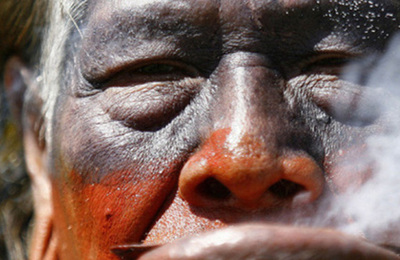
Rainforests are very rich in natural resources, but they are also very fragile. For this reason, indigenous people have become instinctive conserva...
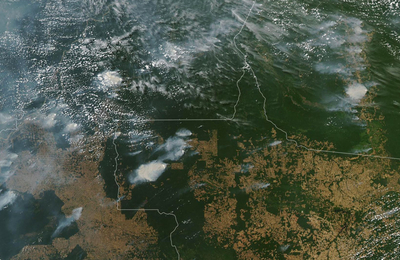
Wildfires do often occur naturally in the rainforest during the dry season, but they are also started deliberately to clear land in readiness for c...
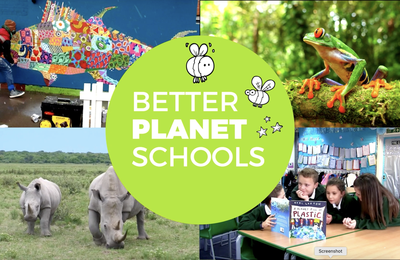
Better Planet Schools is an online environmental education programme, created by the Young People's Trust for the Environment to engage children an...
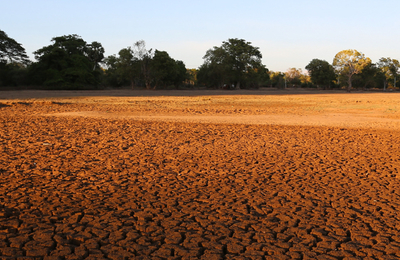
The US National Oceanographic and Atmospheric Administration (Noaa)'s figures suggest that average temperatures on the surface of both land and sea...
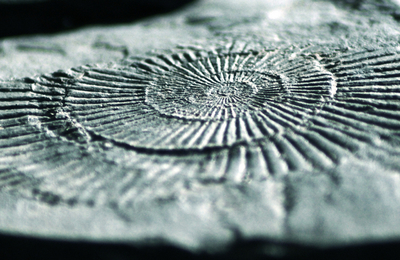
This suite of lesson plans helps to simplify this challenging topic and includes a range of suggested learning activities, printable resources and ...
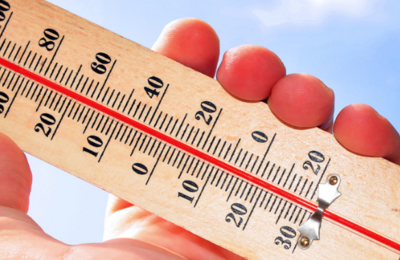
Global average temperatures for the first 10 months of 2018 were 0.98C higher than those from 1850 to 1900, according to five separate global datas...
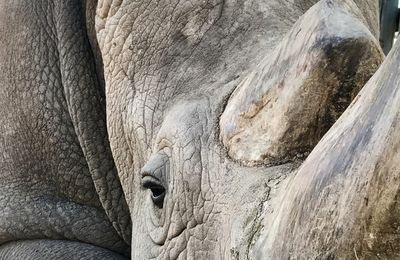
He was living at the Ol Pejeta Conservancy in Kenya, and was put to sleep by vets there after the pain from a degenerative illness he was suffering...
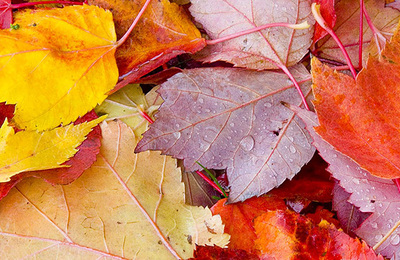
Leaves are nature’s food factories, converting the light from the sun into energy to help plants grow.
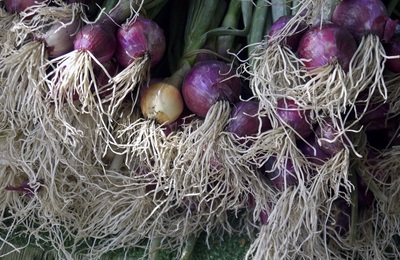
The lesson plans link to Science in the National Curriculum at Key Stage 1. Included are lessons on how seeds and bulbs grow, what plants need to...
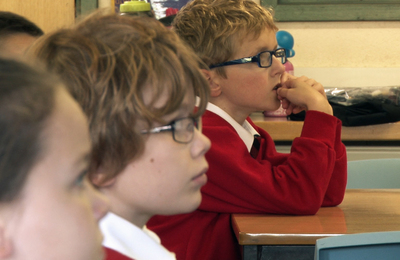
The school talks service is available in person for schools within a 30-mile radius of our office in Yeovil OR on Zoom, Teams etc. for schools anyw...
For Episode 1, YPTE President Cel Spellman talked about his love for the planet, his biggest hopes for the future and why he thinks young people ha...
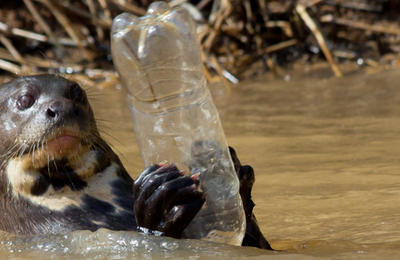
This suite of lesson plans includes a wide range of suggested activities and printable resources. It is backed by a Powerpoint presentation, which...

The curriculum encourages children to use the local environment to explore plants and animals in their habitat. This suite of lesson plans and acco...
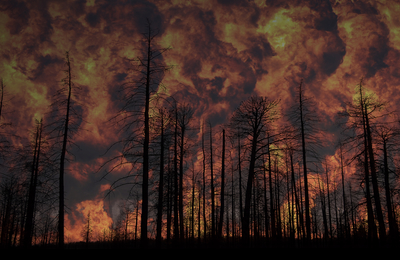
In his inaugural speech as Prime Minister, Mr Johnson said that Britain was “leading the world in the battery technology that will help cut CO2 an...
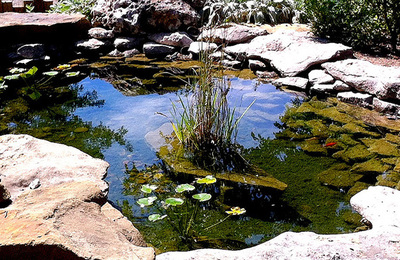
Here is a step-by-step guide to making your own pond
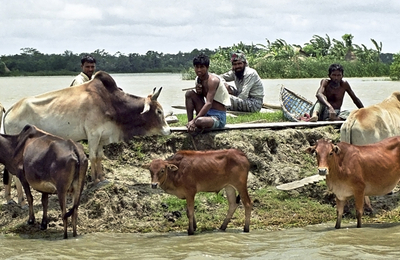
The report emphasises that the 2020s need to be a decade of action. Dr Helen Adams of King’s College, London, who is a lead author of the report s...
The Conference of the Parties (COP) in Warsaw should have been an opportunity to make some progress. And with the horror and devastation caused by...
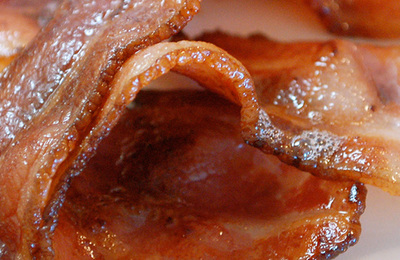
Meat Free Monday is all about reducing the amount of meat we consume because of its health and environmental benefits.
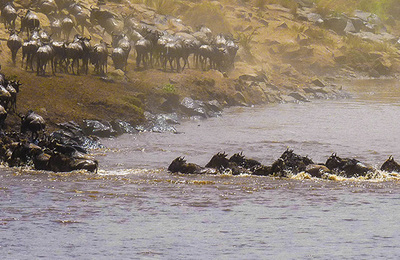
Animals do many different and amazing things. Some of them ‘migrate’. This means they travel to other places where the weather is warmer or they ca...
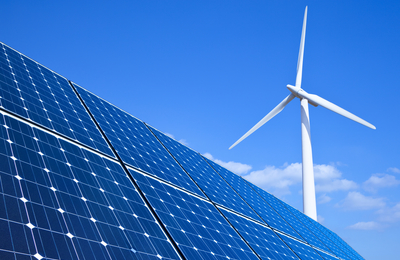
The NIC has said that a decade ago, it seemed unlikely that renewables could be a major part of energy generation in the UK, as they were quite sim...
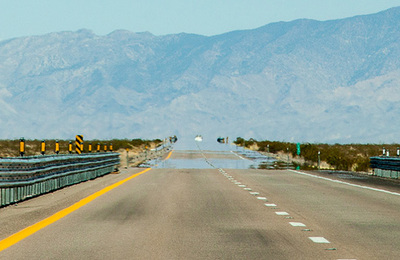
A mirage is a phenomenon where you think you see water...
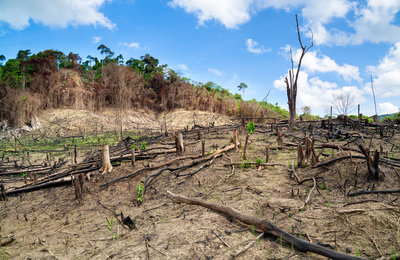
According to new satellite imaging data from Global Forest Watch, it's worse than that. A total of 29.4 million hectares of forest was lost in 201...
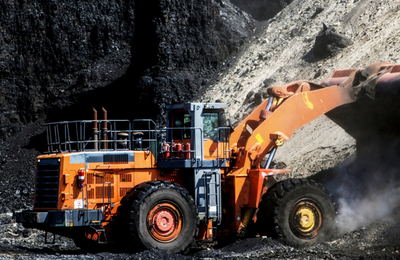
This bleak assessment means that far fewer fossil fuels will be able to be extracted than had previously been estimated. However, the report’s aut...
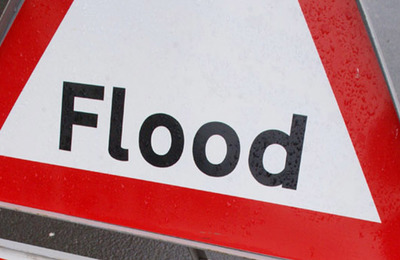
Earthquakes, volcanoes and floods.
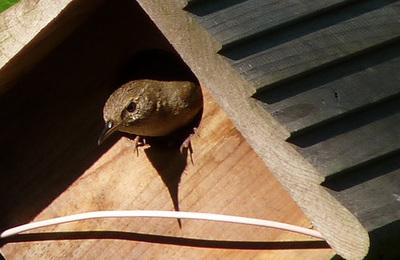
Nestbox building is a good activity for the autumn, ready for occupation (hopefully!) the following spring.

Much of her speech to launch the plan concentrated on the issue of plastic pollution, which has come into much greater focus in recent months. The...
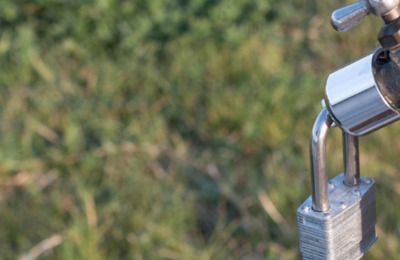
According to the report, climate change is already causing flooding on the east coast, coastal erosion in Alaska and soil loss in the midwest. Mea...

Use our new guide to find out how you can make your Halloween a greener one. You dan download it here: https://ypte.org.uk/downloads/green-hallow...
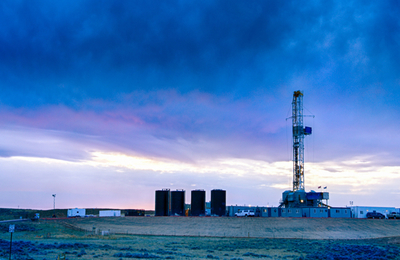
No future fracking projects will be allowed by the government until compelling new evidence is provided that fracking could be safe. Preston N...
YPTE has today released a suite of lesson plans on wildlife in your local area, which are to be used in conjunction with a presentation filled with...
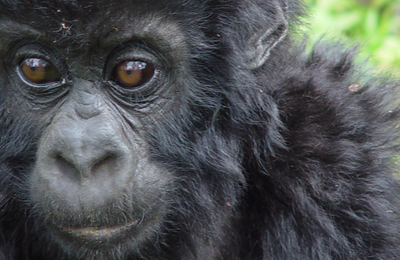
The three extended lessons cover the differences in life cycles of mammals, amphibians, insects and birds; how animals reproduce; and how the work ...
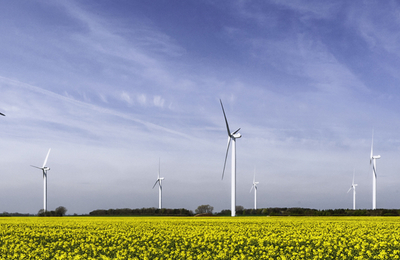
A new auction scheme announced yesterday (2 March 2020) will enable onshore wind energy schemes to compete for subsidies alongside solar and floati...
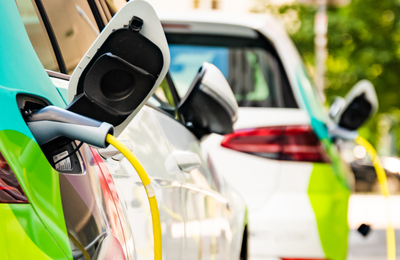
Fears have been raised about whether the National Grid, which manages the nation's electricity supplies, would cope with a massive increase in elec...
The National Grid has been looking at the future of the UK's energy needs. It has concluded that the number of plug-in cars and vans could reach 9 ...
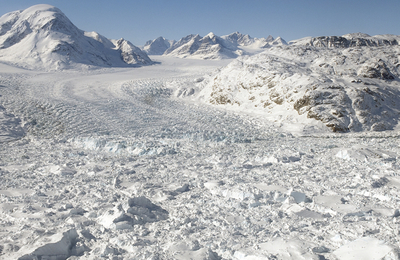
Greenland is an unlikely name for a country which lies between the Arctic and Atlantic oceans, which appears much more white than green! It's the ...
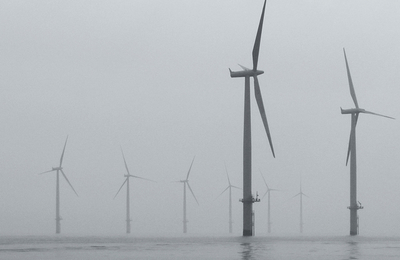
In return for a subsidy of £57.50 per MegaWatt hour (MWh) Danish company Dong Energy will build its Hornsea Two project off the Yorkshire coast , w...
A spokesman said on behalf of the government, “We set these regulations in consultation with industry and we have no plans to review them." Acco...
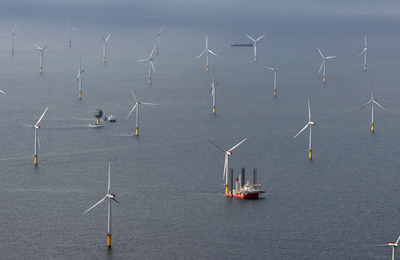
The Committee on Climate Change (CCC) has published its recommendations to the UK government regarding the UK’s fifth carbon budget, which is due t...
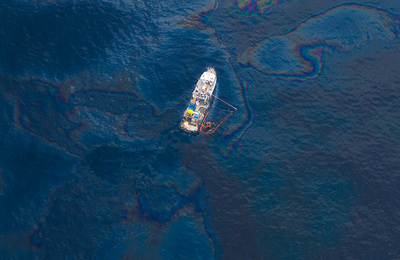
The 147,000 tonne oil tanker Sea Empress ran aground on February 15th 1996 at 8.07 pm, despite being under the control of one of Milford Haven’s ha...
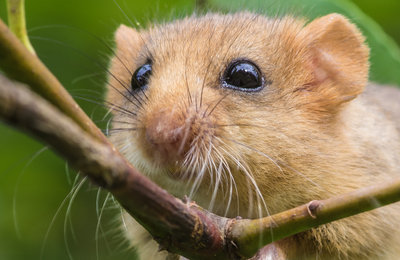
Climate change and intensive farming methods were cited in the report as the main causes of nature loss. Only a fifth of farm land was found to be...
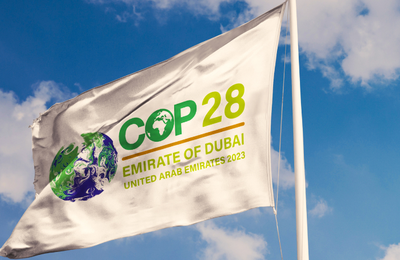
Many countries and environmental groups remain concerned that the more definite "phase out" of fossil fuels - asked for by over 130 countries - wa...
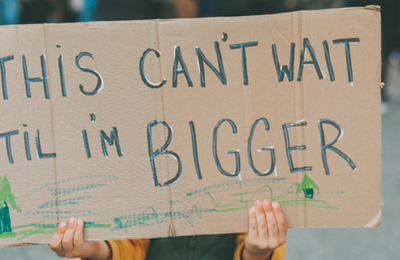
In the 'Leaders' Pledge for Nature', launched virtually in New York today, they have committed to a 10-point plan, which includes measures such as ...
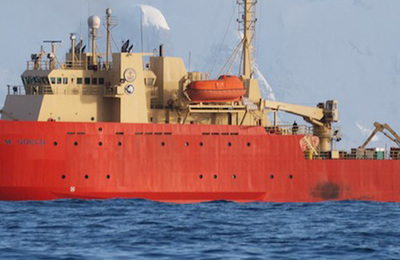
It is sobering to consider that nearly 90% of the world's marine fish stocks are now fully exploited, overexploited or depleted, and there is no do...
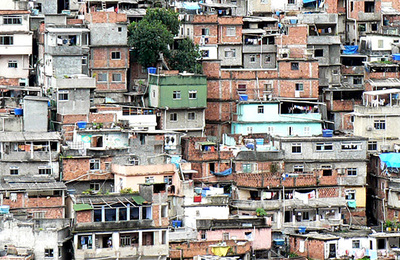
At present there is still space enough on Earth for humans, wildlife and wild places, but can this be maintained?
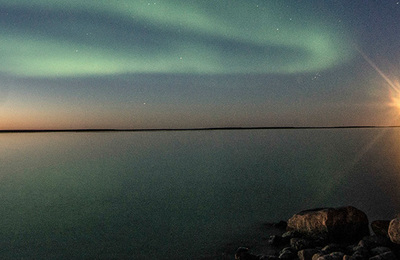
Ozone is a naturally occurring gas found in the atmosphere where it absorbs most of the sun's ultraviolet light - invisible rays which are harmful ...
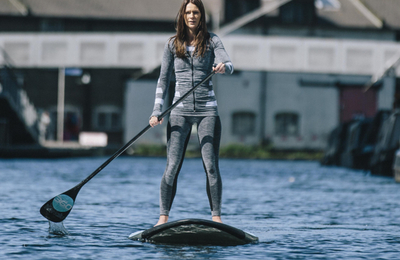
If we used a time machine to fast forward ourselves 500 years into the future, what would the archeologists of the future be finding out about us? ...
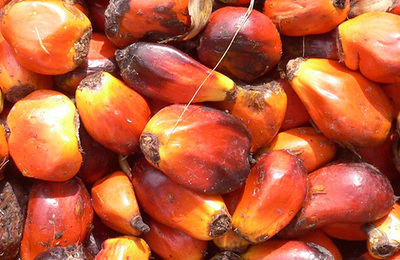
Have you heard of palm oil? How about vegetable oil or olive oil? Oils from plants, vegetables, seeds and nuts have been used for centuries all o...
Delegates from almost 200 countries will be meeting in Marrakech, Morocco next week to consider their next steps. A UN review of the pledges to cu...
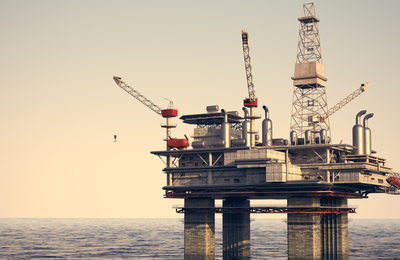
Looking at the government plans fo ten fossil fuel-producing countries, the Production Gap Report has exposed a discrepancy between governments' pl...
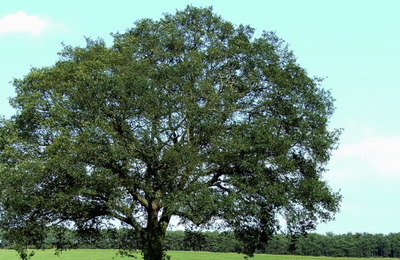
A suite of four lessons on Plants, each with suggestions for classroom activities. Accompanied by a presentation filled with excellent photographs...
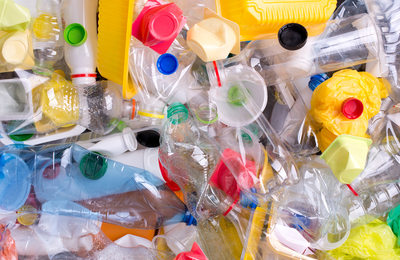
This downloadable zipped folder contains a suite of lesson plans, for Key Stage 2 and above. The lesson plans look at the problems caused by plast...
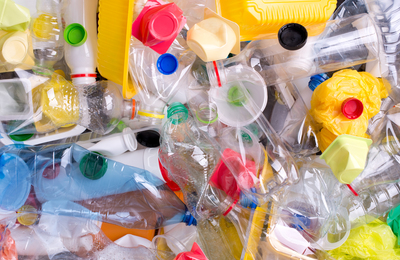
This presentation accompanies the Plastic Pollution lesson plans for Key Stage 2 and above looks at the problems caused by plastic and covers the f...
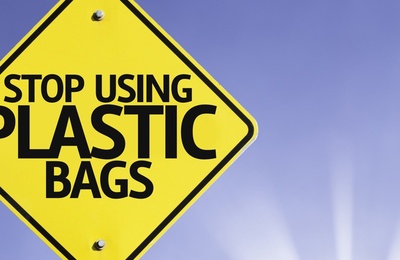
Speaking in Kenya yesterday, Mrs May said “I want to leave a greener, healthier environment for future generations, but with plastic in the sea sti...
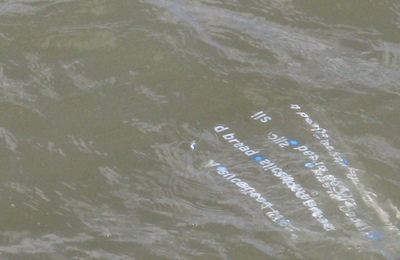
The study was limited and only looked at two fish species - common flounder and smelt, which were caught around Erith and the Isle of Sheppey. The...
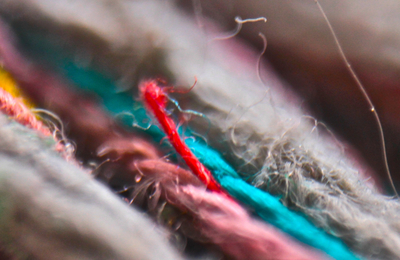
New research published by Orb Media has revealed that 83% of tap water samples, taken from various sites around the world, were contaminated with m...
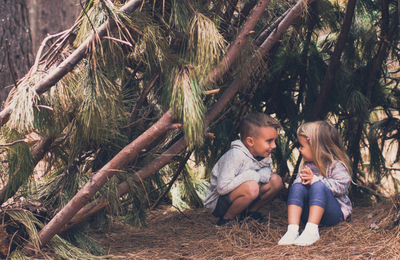
They had been used to having play areas in gravel yards, but for the study had their play spaces upgraded to mini-forest environments. Within a mo...
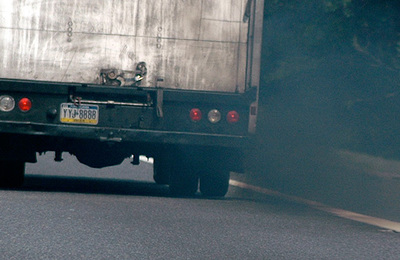
Pollution is a word that we are all aware of these days. What does it mean exactly?
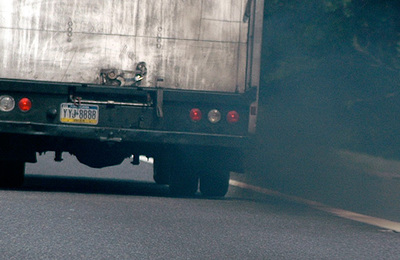
Pollution is the introduction of contaminants into the natural environment that cause adverse change.
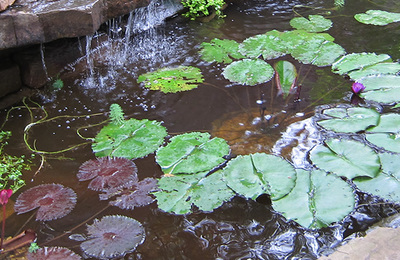
A pond is a small area of still, fresh water. It is different from a river or a stream because it does not have moving water and it differs from a ...

He expresses his concern that in the eight years since his last message on the climate crisis, 'our responses have not been adequate, while the wor...
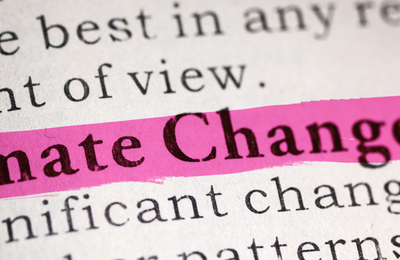
Although making clear that there was not a high likelihood of the 1.5C increase before 2023, the very fact that it was even a possibility was a cau...

The Obama administration's Clean Power Plan (CPP) set limits on the amount of CO2 that coal-powered power plants could emit. Under President Trump...
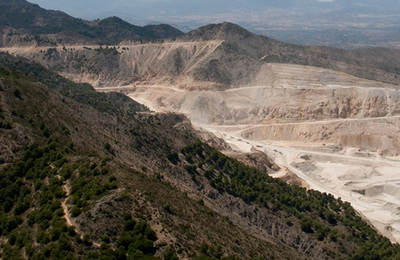
For thousands of years humans have used stone for building, whether it was for monuments, religious buildings or houses.
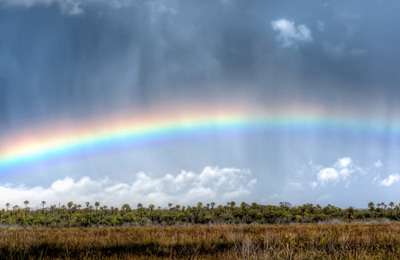
A rainbow is sunlight spread out into an arc of colours and seen by your eyes when the sun shines through water droplets
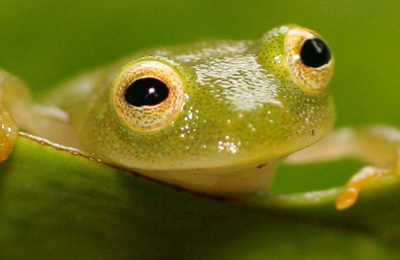
Animals of the rain forests are provided with a variety of habitats in the different layers of the forest trees. Some live at the top of the talles...
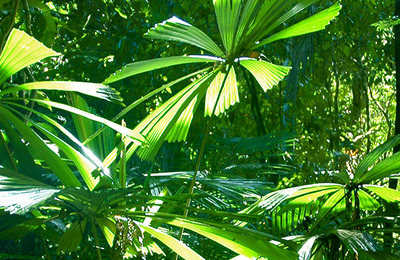
Rainforests are forests which grow in areas of high rainfall. Tropical rainforests are found between the Tropic of Cancer and the Tropic of Capric...
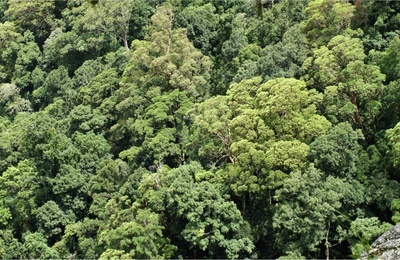
This set of lesson plans looks at rainforests, with particular focus on the Amazon. Lesson plans are brought to life by the stunning images in the...
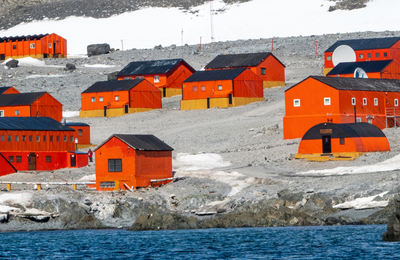
Meanwhile, Argentinian scientists based at Esperanza on the continental Antarctic peninsula recorded a reading of 18.3C on 6 February - the highest...

Emissions arising from transport and other activities are thought to have been reduced by up to 7.5% as a result of lockdowns, but the WMO describe...
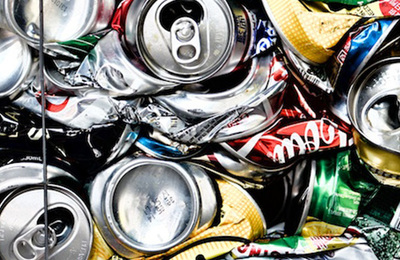
Humans on Earth produce more rubbish today than ever before.
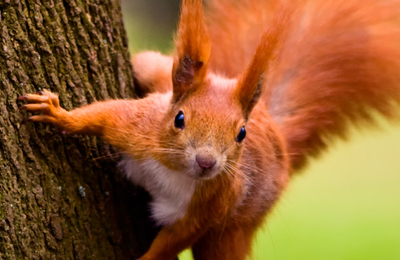
Photo right: grey squirrel by Alexander Law But they also damaged native trees like oak and beech by stripping their bark and that damage now am...
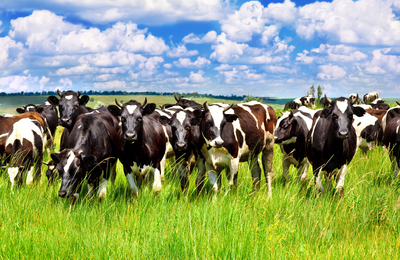
Other recommendations include protection for peatland and measures to ensure that no food waste goes to landfill by 2025. From a climate change ...
It’s a brilliant idea and is the product of a lot of research. Sainsbury’s had to find out how much they could reduce the diameter of the carboard...
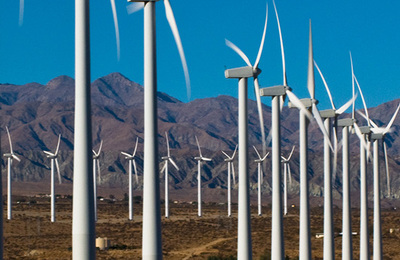
Renewable means that the energy won’t run out, unlike coal, oil and gas which will. Before we get started on renewable energies let's take a look ...
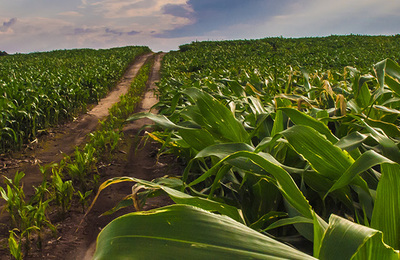
Biomass is a versatile energy source. Organic matter that is used as a source of biomass energy includes trees, timber waste, wood chips, corn, ric...
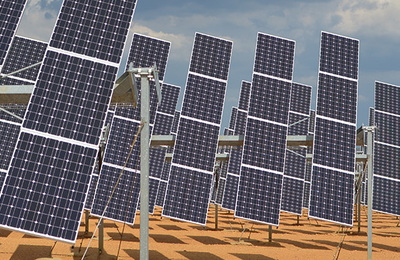
Throughout history the suns heat has been used as a form of energy – in the beginning it was used to cook food. Then we learnt to collect the sun’s...
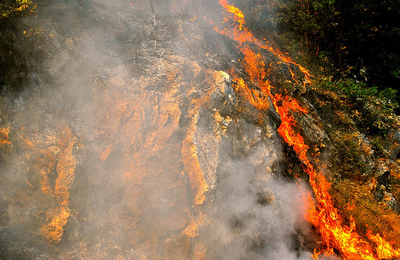
The report, 'Climate change, impacts and vulnerability in Europe 2016' states that changes to climate that have already been observed are having im...
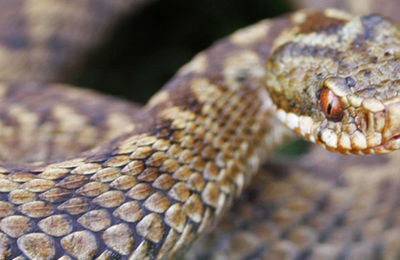
Of the four living groups of reptiles, only one, the snakes and lizards is represented in Britain. Reptiles bodies are covered with scales. Lizards...

The levels of microplastic found were roughly double that found in tap water by a previous study. Bottles tested originated from the US, Mexico, B...
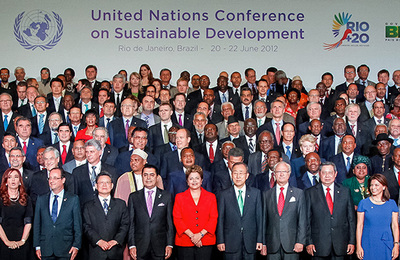
On 20 June 2012 many young people, scientists, academics, politicians and others met at a very special event in Rio de Janeiro, Brazil.
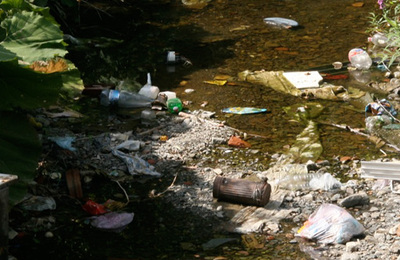
It seems that almost every day there is another story about pollution of one form or another, in the food we eat, the water we drink and the air we...
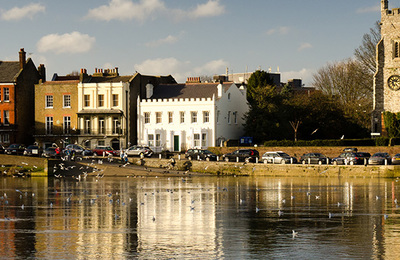
Rivers can run for many hundreds of miles. The longest river in the world is the Nile in Africa. It is 6,700km long. The longest river in Britain i...
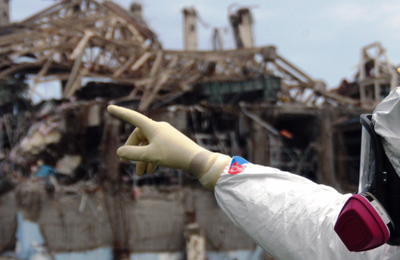
On 11 March 2011, a tsunami caused by the Tohoku earthquake struck Tokyo Electric Power Company (TEPCO's) Fukushima Daiichi nuclear power station. ...
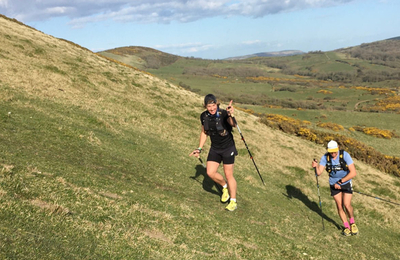
If someone told you they were climbing to the top of Mount Everest, right here in Dorset, you’d probably think they were a bit mad. Well, guess wh...

Sand lizards are among the UK's rarest reptiles. They are the only egg-laying lizard species in the UK.
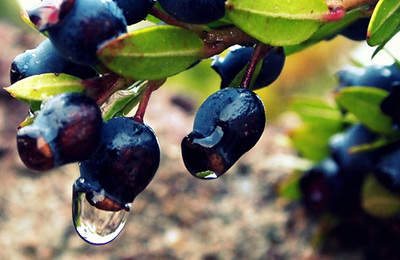
There are around 400,000 plants species recorded in the world and many more waiting to be discovered and named.
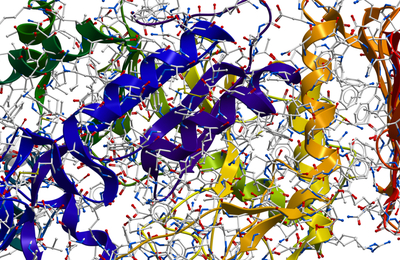
While tweaking the enzyme to find out how it had evolved, the scientists found that the changes they had made enabled the enzyme to break down PET ...
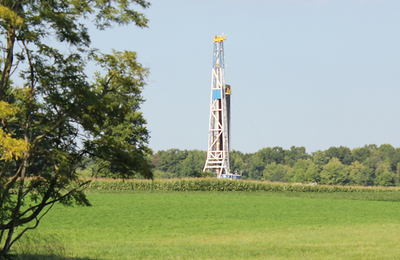
The public consultation attracted more than 65,000 responses, with 99% of replies originating from areas targeted by the fracking industry opposed ...
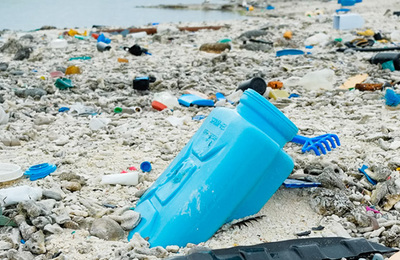
It seems that almost every day there is another story about pollution of one form or another, in the food we eat, the water we drink and the air we...
Scientists believe that this is further evidence of human-made climate change. They predict that as the planet continues to warm, it's likely that...
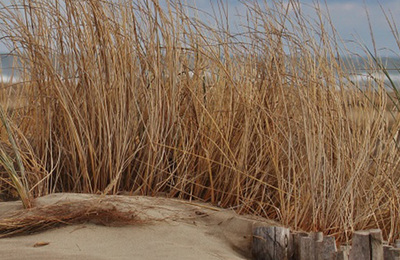
A rocky shore consists of rocky ledges with pools of salty water, boulders and pebbles. Living in this habitat is a community of hardy plants and ...
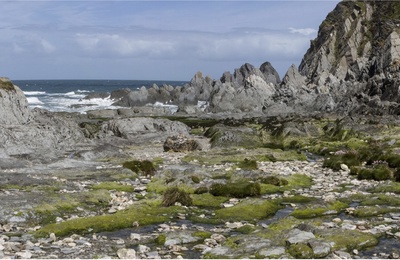
For the study of a less familiar habitat, the rocky shore is perfect. This lesson plan enables detailed study from the classroom and is accompanied...
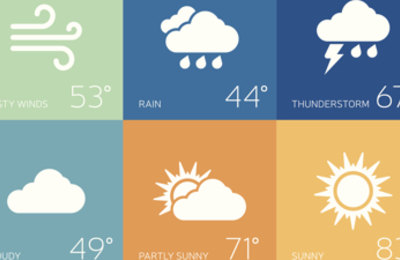
A suite of four lessons on our seasons and how they differ from each other, with accompanying Powerpoint presentation filled with inspirational ima...
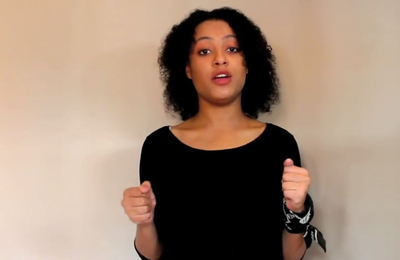
In this film, Bushra, Joanna and Simran (all age 16) discuss deforestation and point out that even through our everyday actions, we may inadvertent...
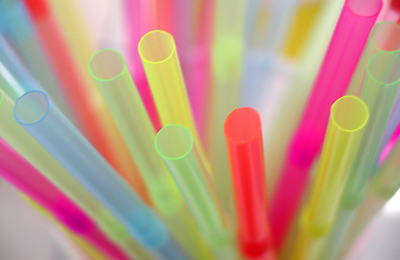
2018 has been a year for campaigning against single-use plastics, with the EU planning to bring in a ban on single-use plastics from 2021 and with ...
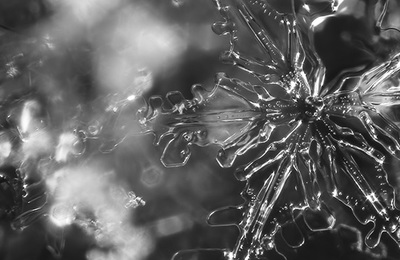
A snowflake is one of the most recognisable symbols of winter weather, used on weather forecasts across the world. Snowflake come in millions of di...
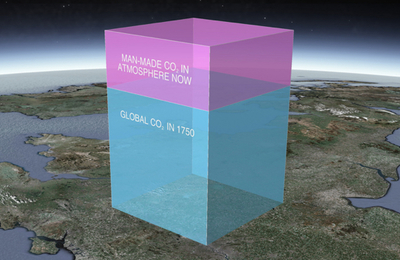
According to the World Meteorological Organisation (WMO) now looks like 2016 will mark another milestone for climate change for being the first yea...
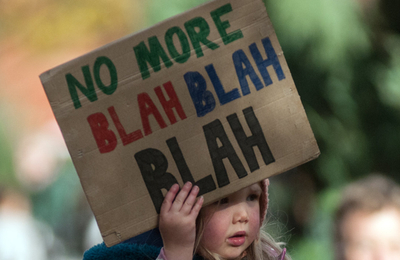
Education ministers from a series of countries put forward proposals to ensure that education about climate change was included in their school cur...

Led by the University of Bath, with contributions from other universities in the UK, USA and Finland, the study is entitled 'Young People's Voices...
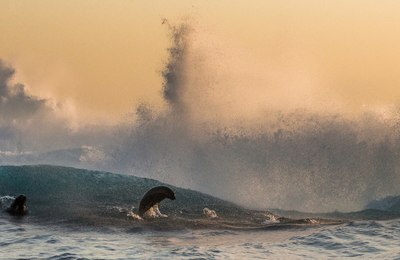
These last wilderness areas are characterised by very high levels of biodiversity. They are largely free from disturbance caused by human activiti...
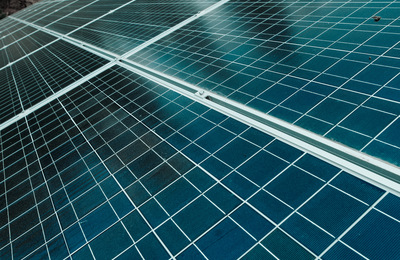
Battery storage is set to make a difference to the future of solar power too. A new 10 MegaWatt (MW) solar farm, capable of powering about 2,500-3...

All such goods will be sold for a set price - 10p each. Best before dates are provided by manufacturers and give a date up to which they are guara...
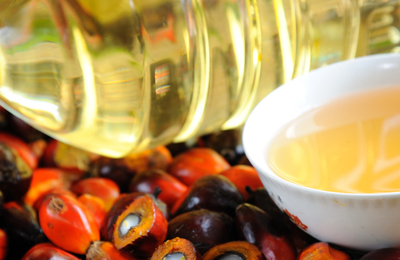
Waitrose has announced that it will stop using disposable coffee cups in its stores by this autumn. From then on, members of its MyWaitrose loyalt...
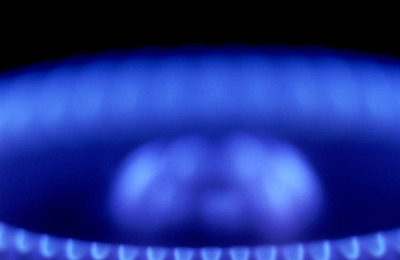
There are now 98 biomethane plants in the UK, which produce methane gas using food leftovers and waste from farms, including manure and grass silag...
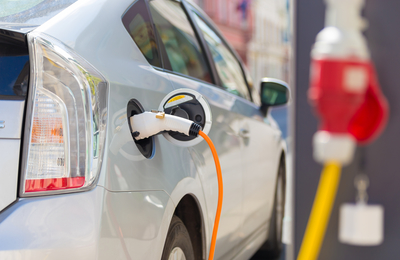
The government’s commitment to ban the sale of new petrol and diesel powered cars by 2040 means that we motorists will at some point in the future ...
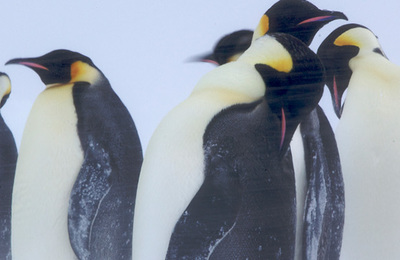
Polar bears and penguins never bump into each other! Why is this? The answer, of course, is simple; polar bears live only in the Arctic (the North ...
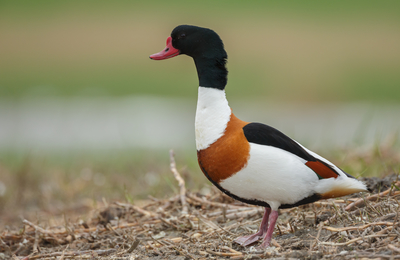
Thanks to support from the Ernest Kleinwort Charitable Trust, we have produced this set of classroom reference guides, for use in Sussex schools. ...
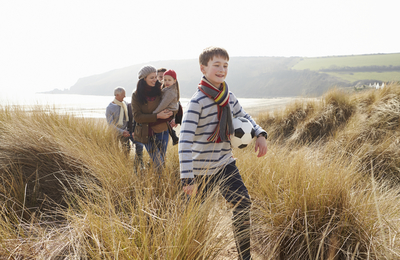
Thanks to support from the Ernest Kleinwort Charitable Trust, we have produced this set of classroom reference guides to the regions of Sussex, for...
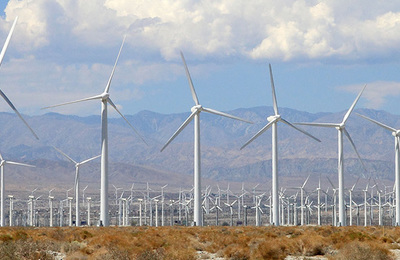
The United Nations says that sustainability means “meeting the needs of the present, without compromising the ability of future generations to meet...
A suite of four lessons on sustainable development, covering: What does sustainable development mean? Pollution Over-use of natural resou...
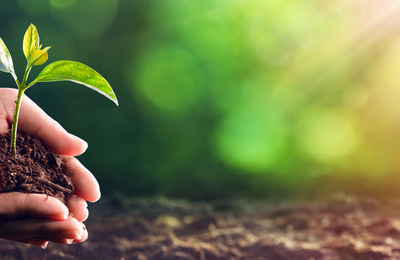
This suite of 5 lessons looks at human impacts on our planet, current attempts to be more sustainable and the changes we will need to make in order...
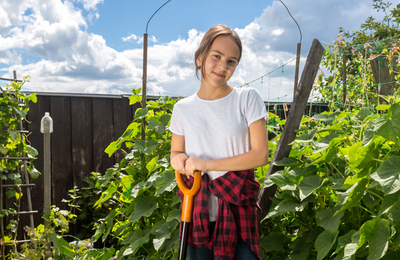
So, if you’re aged between 5 and 17 and feel you’re doing something that helps the environment, please tell us about it. Examples might include: ...
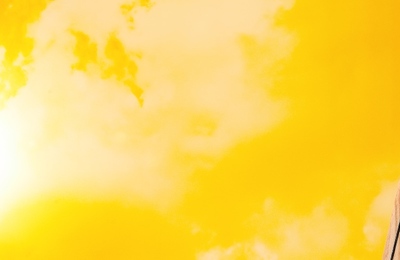
The mean temperature for the year was 10.03C, beating the previous record of 9.88C, which was set in 2014. The fact that the UK's top ten warmest ...
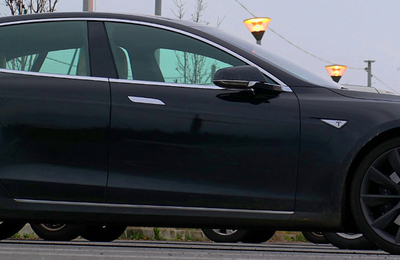
At close of trading, Tesla's value was up 7.3% to $48.7bn (£38bn), while Ford's was $45.3bn. Tesla delivered 25,000 cars in the first quarter of 2...
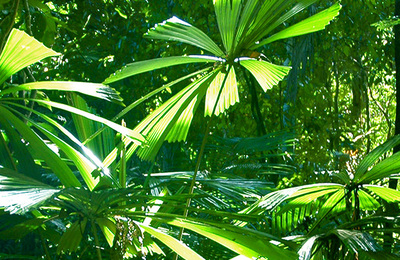
Way down south!
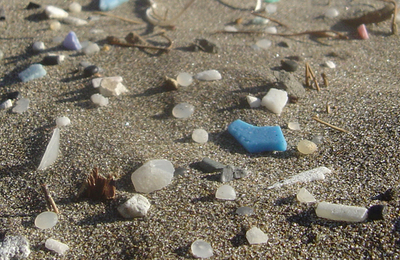
Yet Henderson Island, the largest of four islands in the Pitcairn Island group, has a human population of zero! Almost 18 tonnes of plastic, broke...
A report issued today by Chatham House shows that biofuels will cost us more too. Biofuel comes in two basic forms – ethanol, which can be added to...

He likened humanity to a 16 year-old, saying “We believe that someone else will clear up the mess we make, because that is what someone else has al...
So, we take the train, we take the bus, or we take the car. We know that taking public transport reduces our carbon footprint, so in many cases it’...
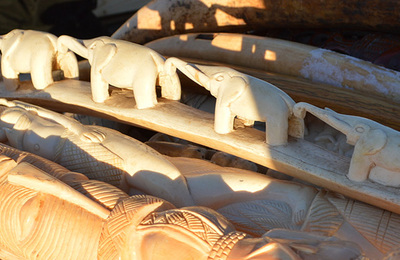
Along with habitat destruction, wildlife crimes such as poaching currently pose the largest threat to the future of some of the world’s most endang...
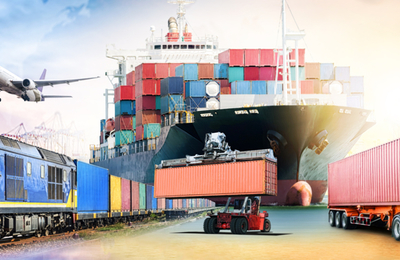
This suite of lessons and activities for Key Stage 2 looks at the following issues: What were the earliest types of transport? Why do so...

The word tsunami (pronounced soo-NAH-mee) is Japanese, and it means ‘harbour wave’.
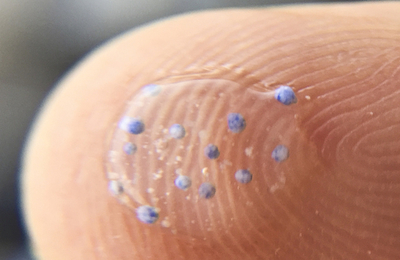
Huge numbers of tiny pieces of plastic are building up in our oceans, lakes and estuaries. Microbeads are very small pieces of plastic, which are ...
He urged other world leaders to follow his example at a virtual climate summit, which is being held on 12 December. He said, "We have proven we ca...
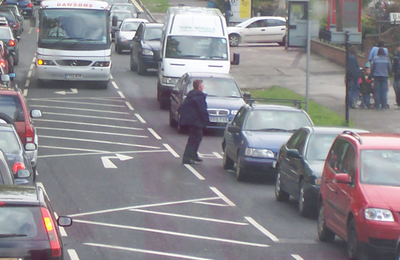
Poor air quality is viewed by ministers as being the greatest environmental risk to public health, being responsible for up to 40,000 premature dea...
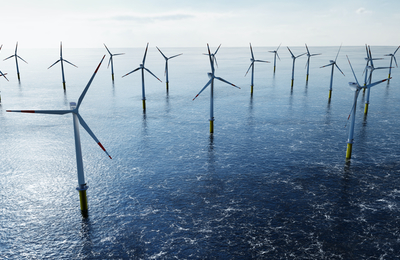
Mr Johnson said, “We believe that in 10 years’ time offshore wind will be powering every home in the country, with our target rising from 30 gigawa...
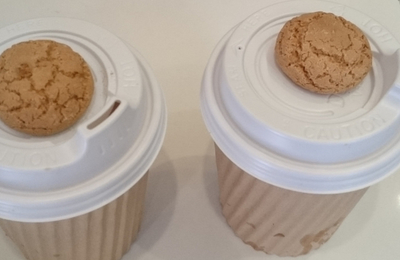
Taking its inspiration from hugely successful 5p charge introduced on plastic carrier bags in England in October 2015, a charge on disposable cups...
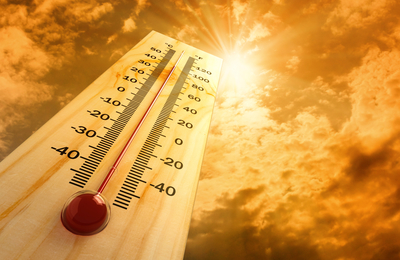
Summer rainfall is up 13% when compared to the last century and with global emissions of greenhouse gases still rising, the UK will continue to get...
The average emissions of new cars sold in 2011 was 138.1g/km. By 2015, average emissions must fall to below 130g/km to meet with EU targets and by...
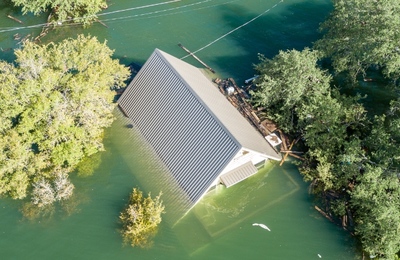
The report sets out the millions of lives and homes ruined by droughts and floods, the millions of people facing hunger, the increased deaths from ...
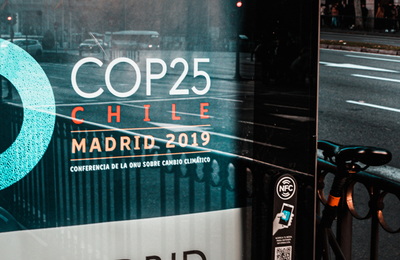
During the talks, representatives of governments from over 190 countries were frequently reminded that the world is far off meeting targets set in ...

The process of withdrawal takes a year and will not be completed until a day after the 2020 US presidential election. The news comes as France's P...

President Biden is also set to end oil drilling at two huge national monuments in Utah, Grand Staircase-Escalante and Bears End and drilling in the...
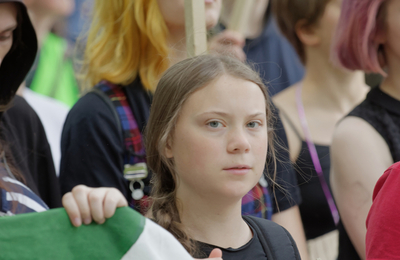
Swedish climate campaigner Greta Thunberg, aged 16, was among a group of young cimate cmapaigners speaking at the start of the second week of the C...
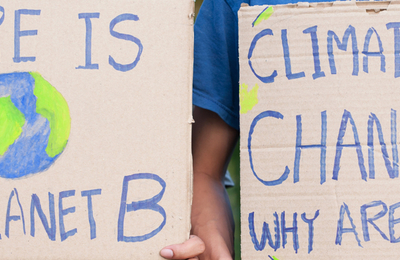
Global emissions have increased by around 1.5% each year in the last decade. To have any hope of limiting temperature increases to 1.5C by 2100, ...
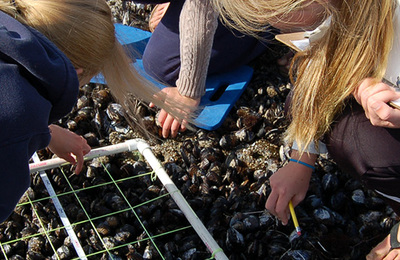
A quadrat is a frame used in geography and ecology studies to section off a standard sized area for study. Predictions can be made about distributi...
Arthur explains food chains and why removing keystone species like turtles can make a big difference to a marine ecosystem. Created in collaborati...
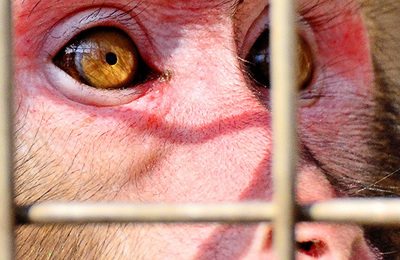
Vivisection is the practice of experimenting on live animals for scientific and medical purposes.
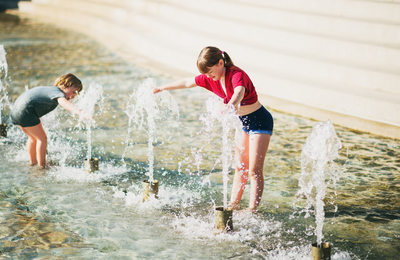
Belief in evidence of climate change seems to depend on people’s political views. 90% of Democrats believe that there is real evidence for climate...
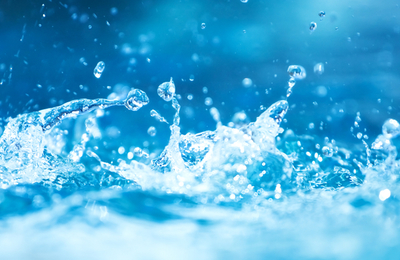
A suite of five lessons on the water cycle, illustrated with a PowerPoint presentation and accompanied by suggestions for activities and experiment...
Here's a fab video from our friends at Explorium showing how wave energy gets converted into power we can use every day!
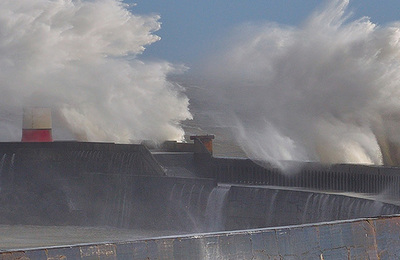
Powerful seas.

An analysis of these monster sewer-stoppers by Water UK, the membership body for water providers, found that the 'fatbergs' were in reality more li...
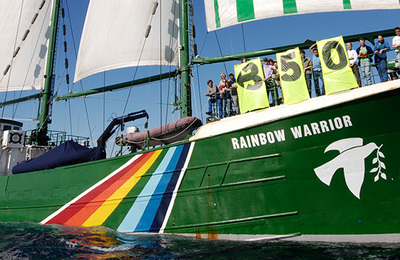
Whales are warm-blooded mammals and the largest creatures on earth. The magnificent blue whale is the largest animal that has ever lived on this pl...
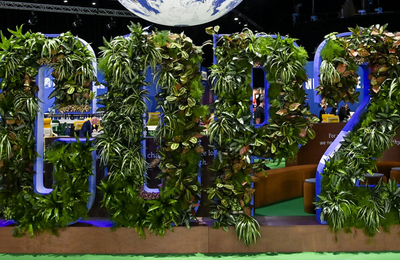
Ending deforestation Over 100 nations, including Brazil (home to a large proportion of the Amazon rainforest) and Russia (with over 20% of the wor...
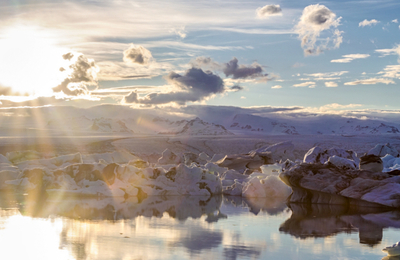
Whilst there won't be any sunlight at the North Pole until early March, a heatwave in the Artic is actually the cause of the extreme wintry weather...
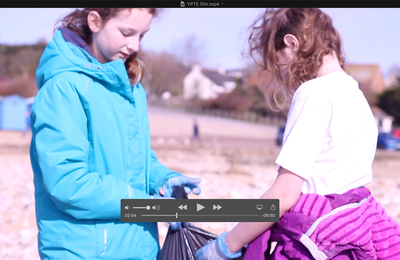
Short film on plastic, its uses, its history and why it is now presenting us with such a major environmental problem. Presented by YPTE Director Pe...
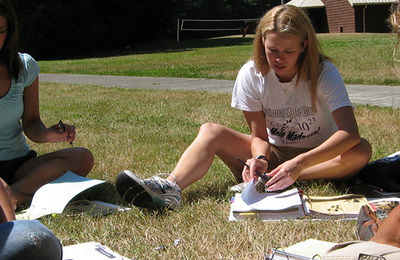
Schools that have begun to develop their grounds often report that this has led to beneficial changes in relationships and attitudes and to the at...
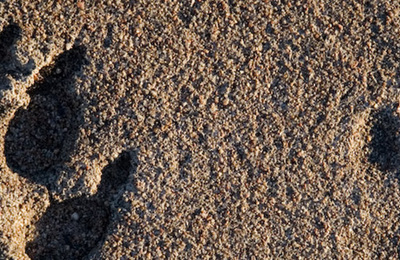
How we can identify animals by Footprints, Pellets, Nuts and Seeds, Droppings and Skulls
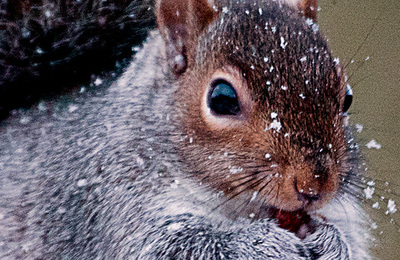
Even though our British winter is not nearly so cold and severe as polar winters, plants and animals still have to be able to adapt to low temperat...
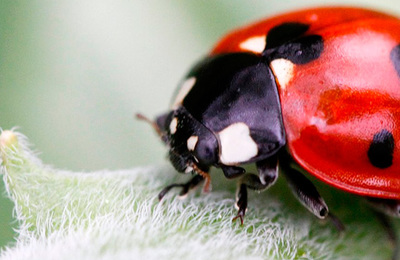
Share your garden with wildlife by creating habitats that help different species to thrive.
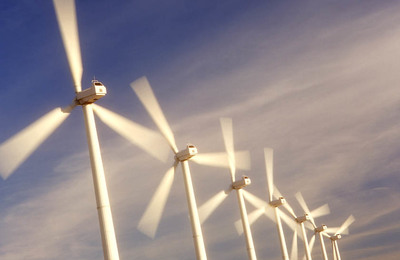
The government has pledged to remove coal from the UK's energy mix completely by 2025, but it is now expected that the final plant will actually cl...
A look at the plants and flowers that grow in a deciduous woodland in the Spring.

It's probably easier to go car free if you live in a city than it is if you live in the countryside. But wherever you live, why not have a go...
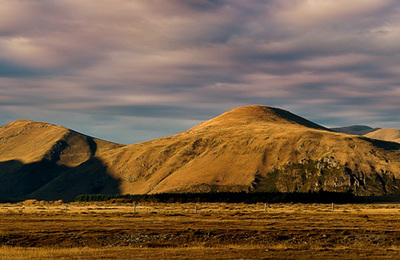
In 2020, our population is nearing 8 million and is increasing by the second!
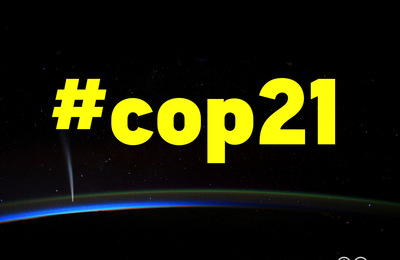
As part of the COP21 process, some 147 nations have made their own Intended Nationally Determined Contributions (INDCs) - individual pledges declar...
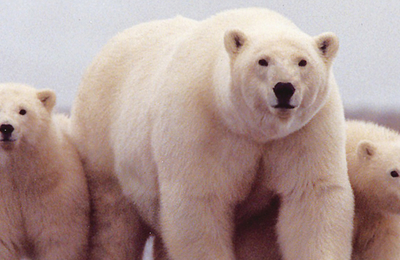
It goes on to suggest that 67% of wildlife could be wiped out by 2020 if current trends continue. The biggest impacts on wildlife have been caused...
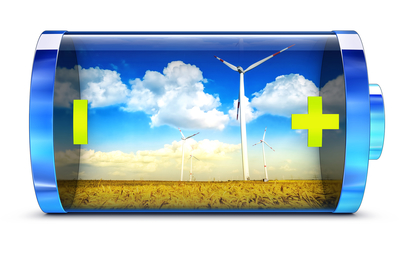
The battery is connected to a Hornsdale Wind Farm, run by French company Neoen in a location near to Jamestown, which is about 125 miles north of A...
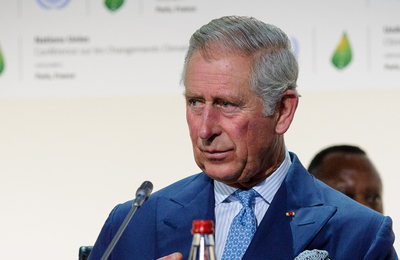
In Paris right now, the planet's best hope for achieving a framework for reducing our greenhouse gas emissions is underway. The UN's 21st Confere...
Its coming towards the end of 2010 - the international year of BIODIVERSITY. Its a big word with a simple meaning, bio = life and diversity = how m...
Why does it get cold in winter? What is snow? Do fish freeze? How tall was the world!s largest snowman? Find out here!
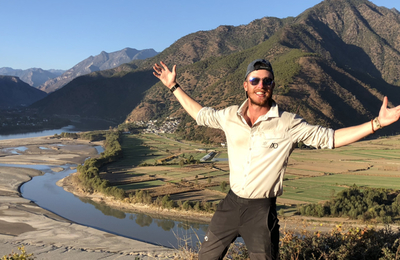
When he was 24, Ash traversed the 1,500-mile length of Mongolia, with 18 stone survival trailer, solo and unsupported, in just 78 days. Then at 26...
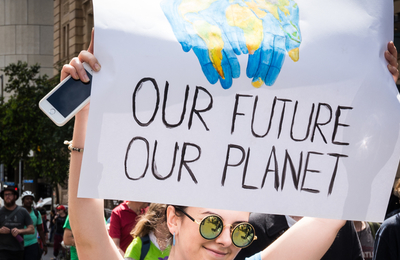
Striking and memorable slogans were painted on placards grasped by students across the world. Wherever they were protesting, they were united in t...
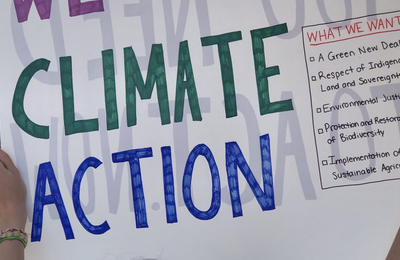
The Mock COP26 Treaty outlines 18 policies young people have developed over the course of two weeks through speeches and negotiations, and covers ...

There has been a significant rise renewable energy, which in 2009 was producing only about 2% of our energy needs. Now, renewables are producing 2...
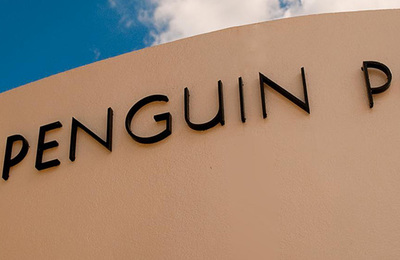
The subject of the rights or wrongs of zoos can be very emotive with many unbalanced views being put forward by people who have little real knowled...
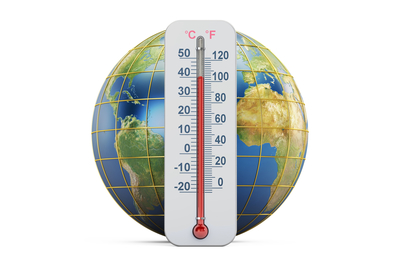
The Committee's report finds that the population is at real risk, because crisis preparations are being run ‘like Dad’s Army’ and funding has been ...